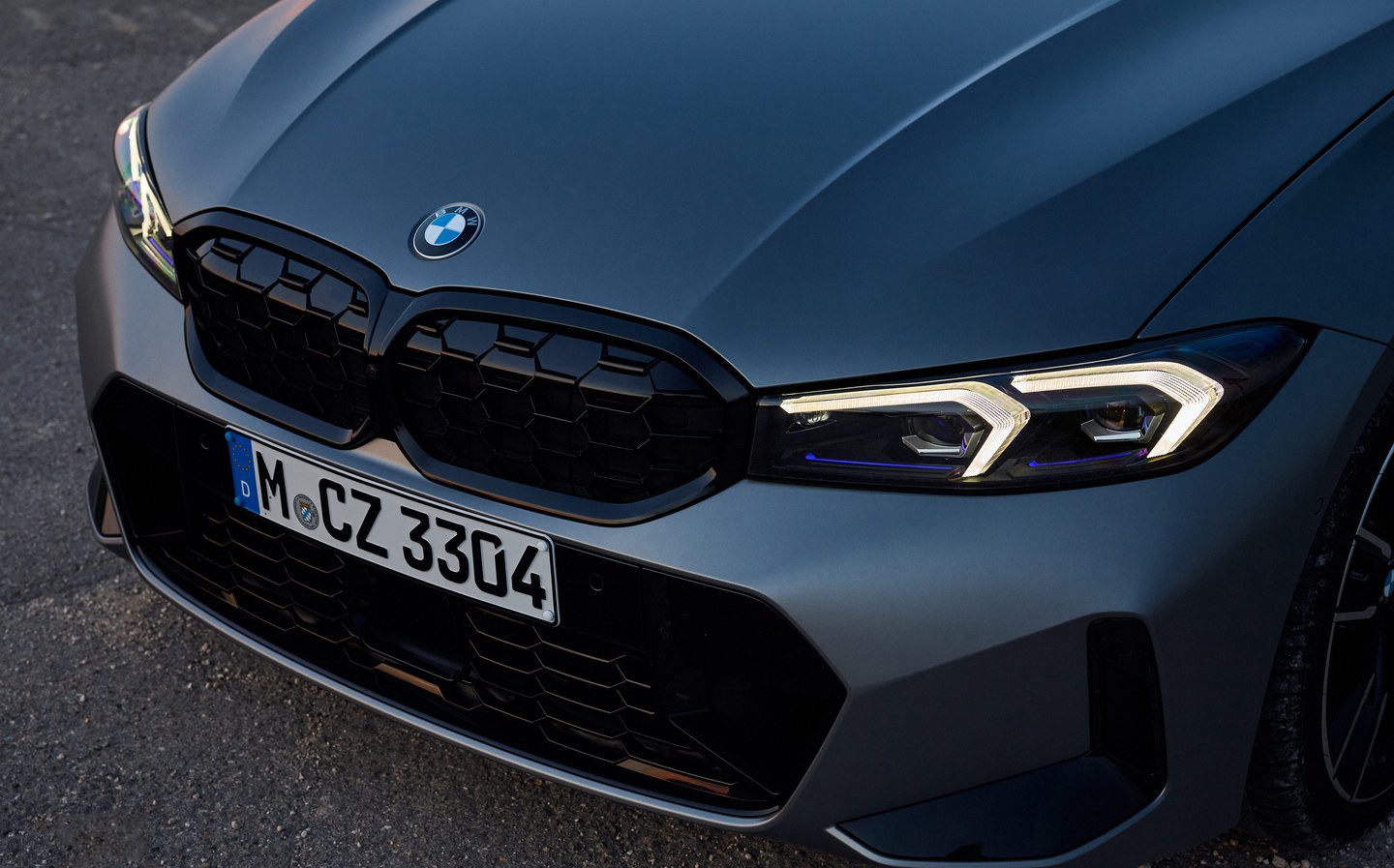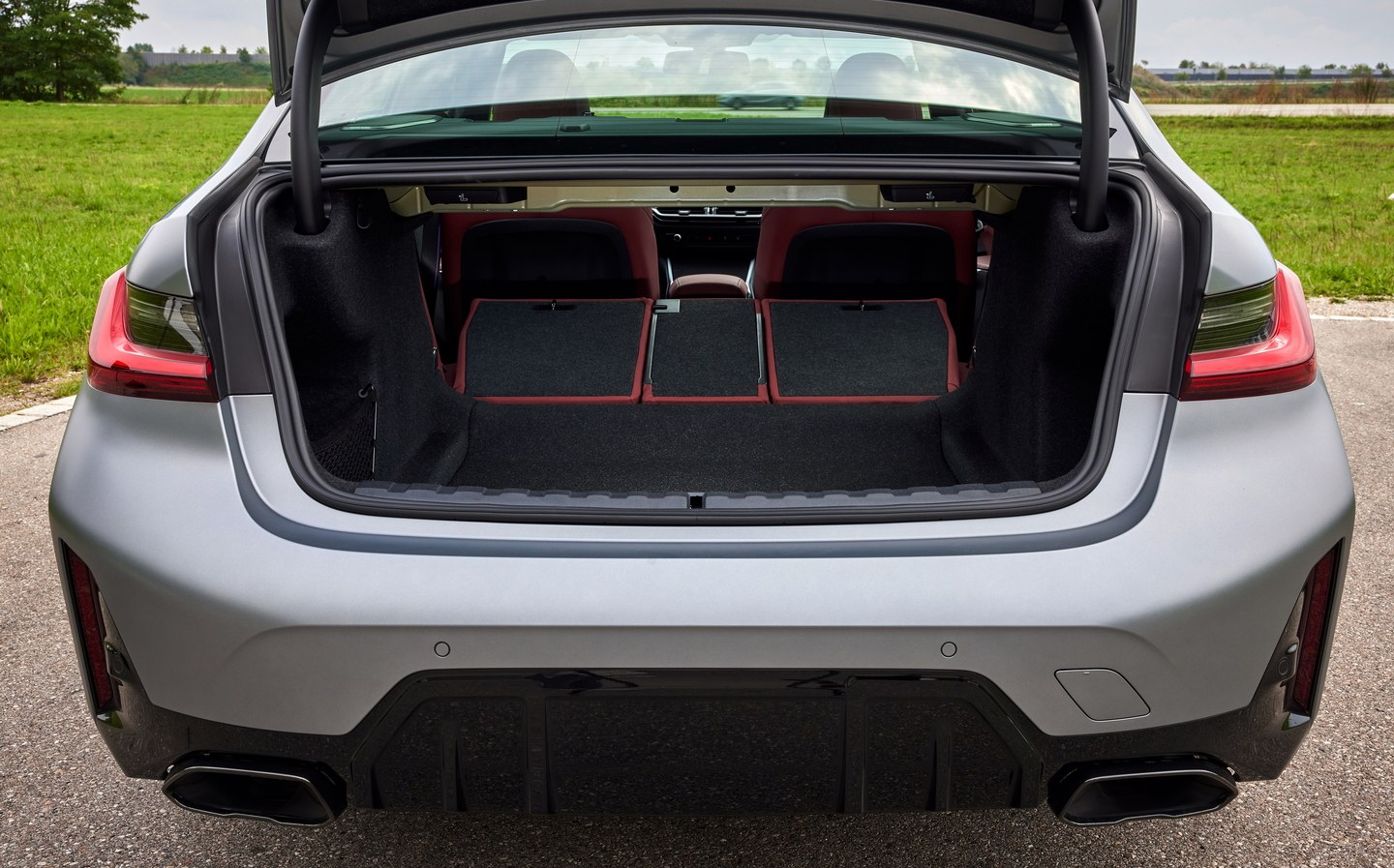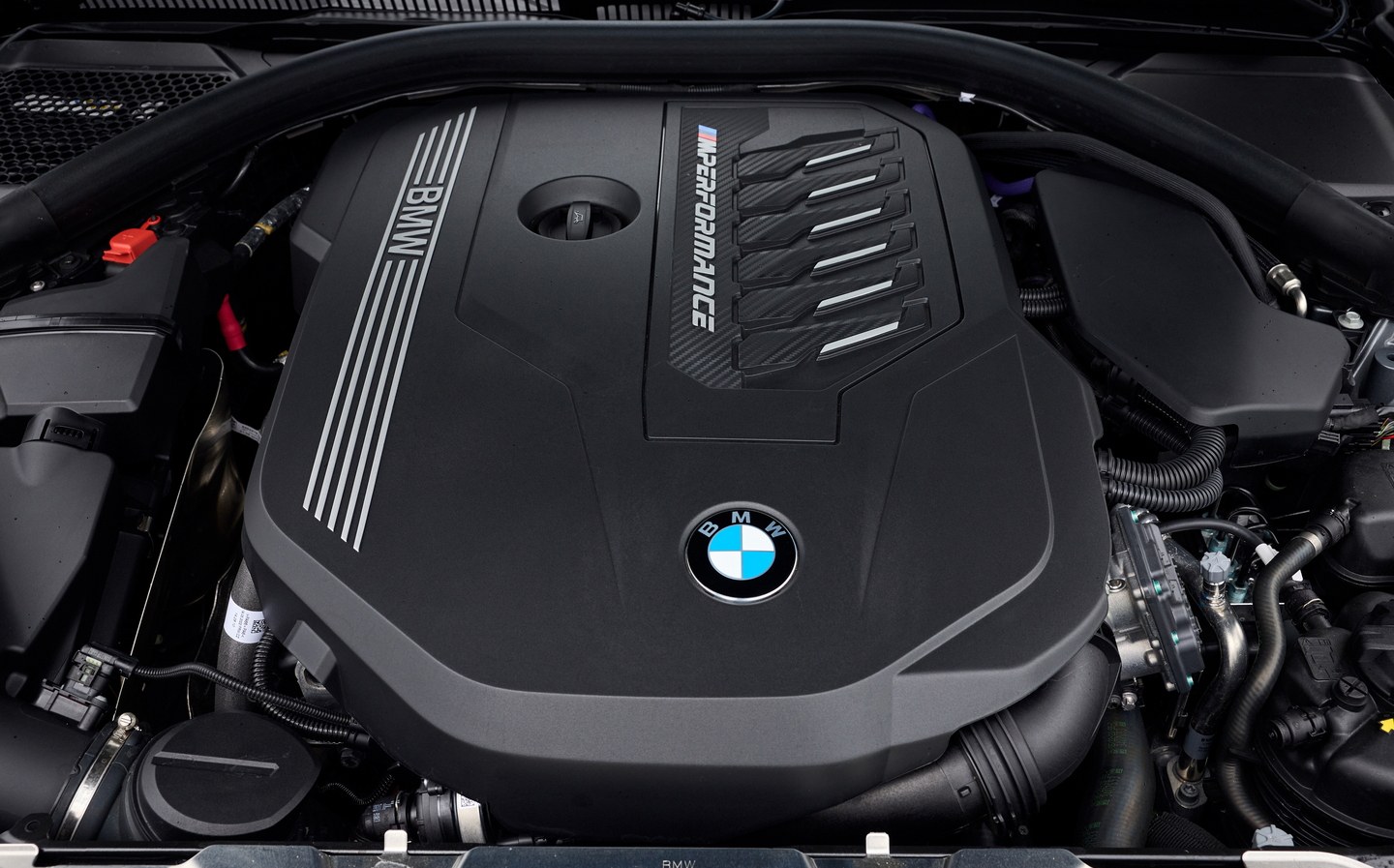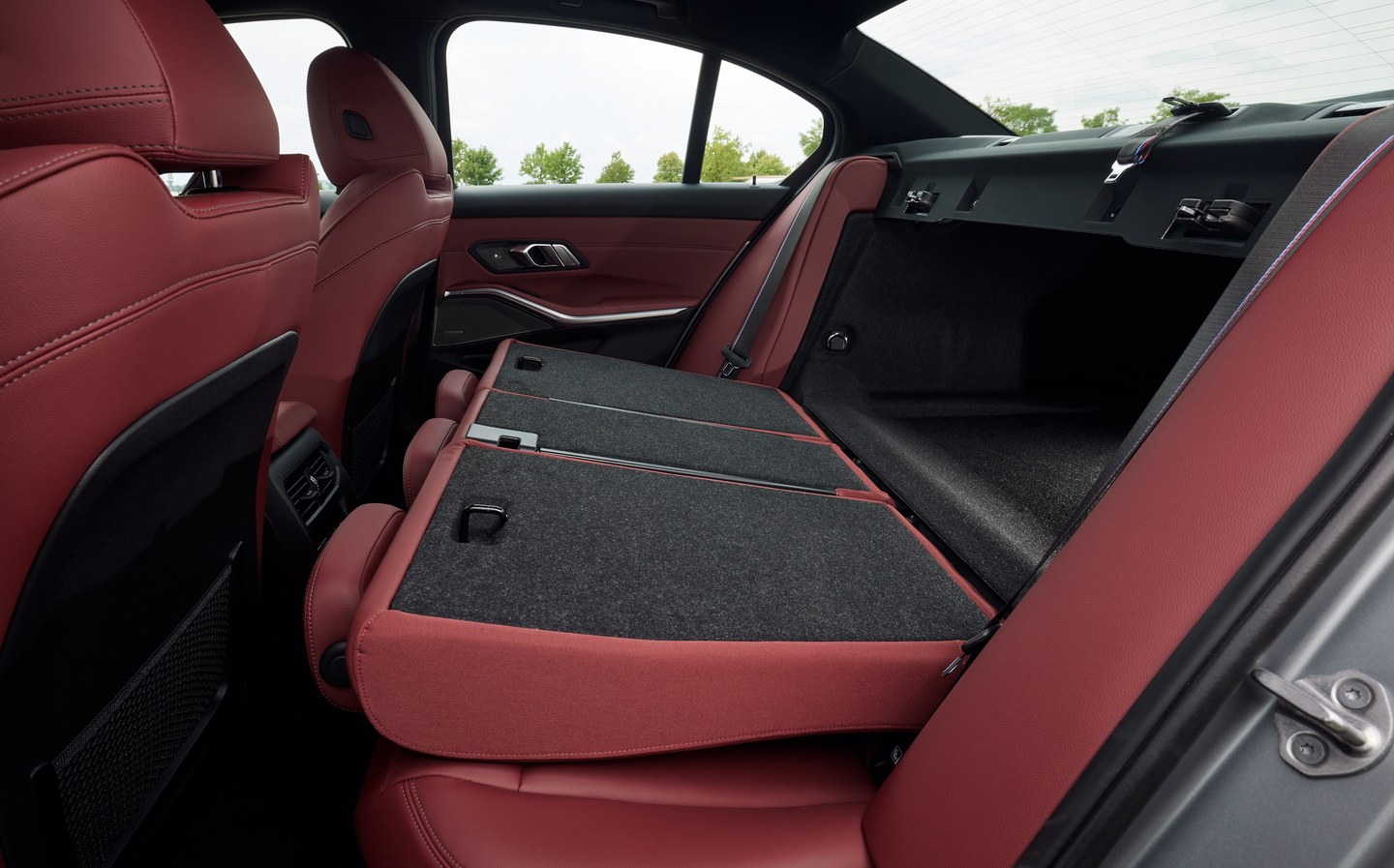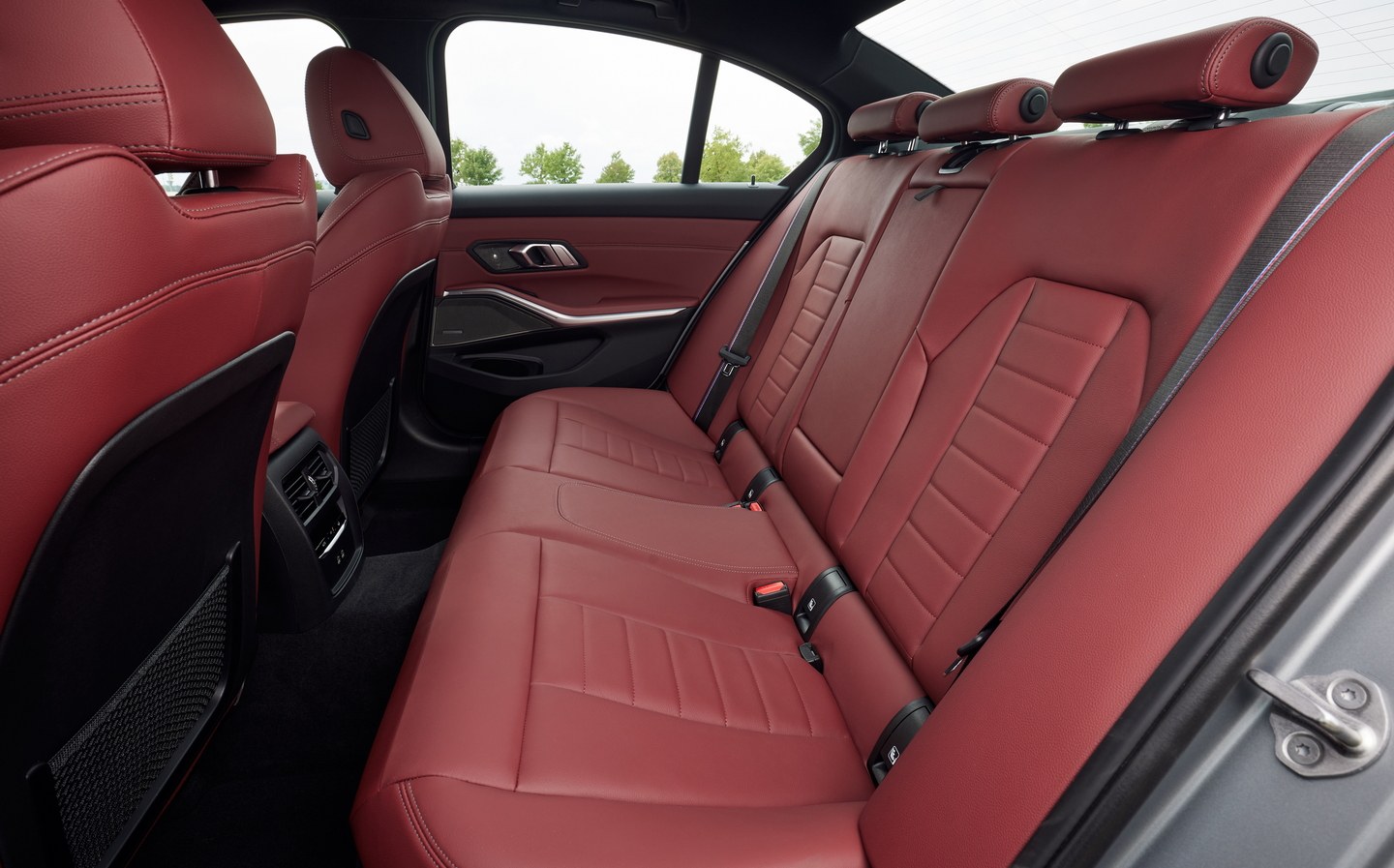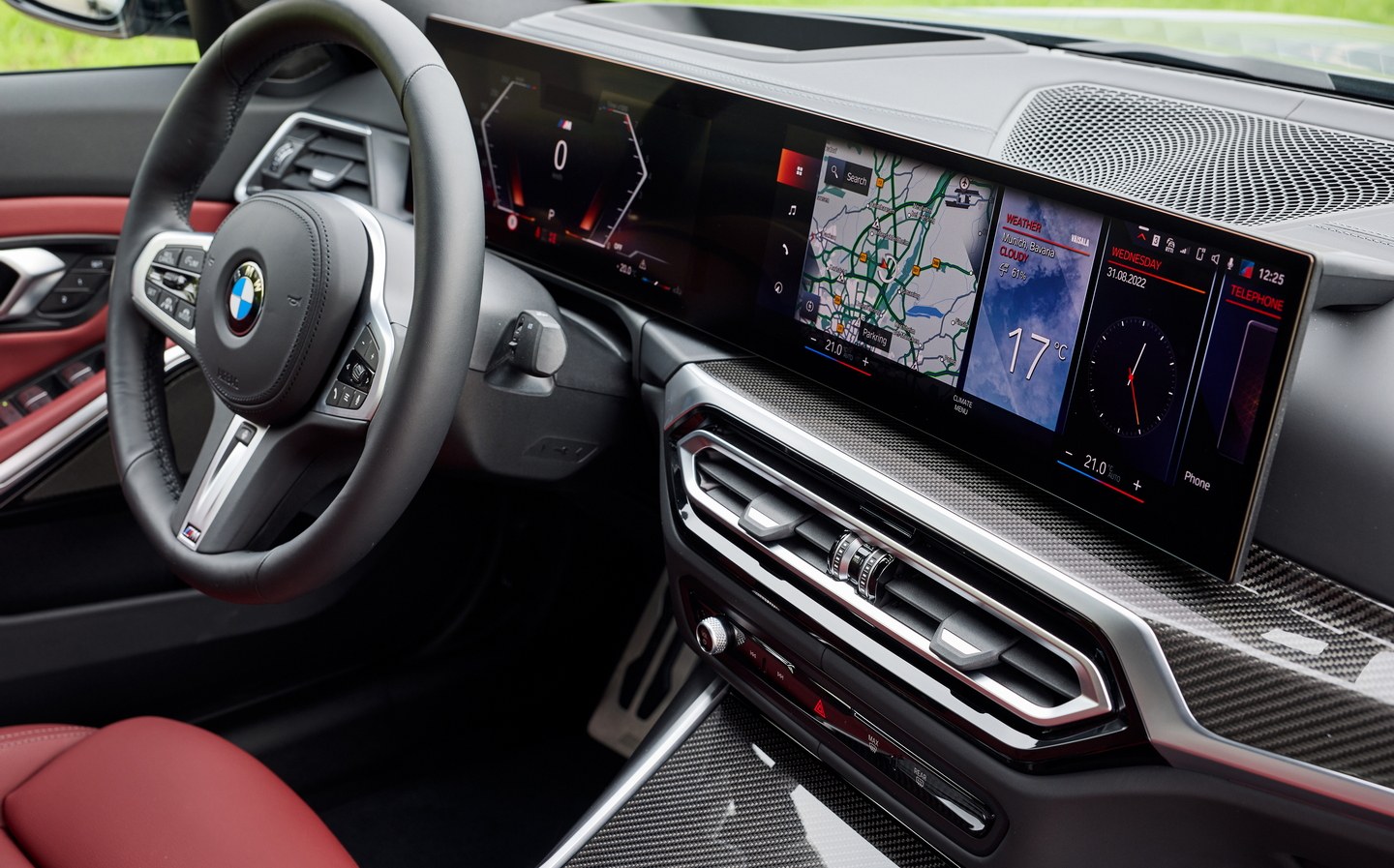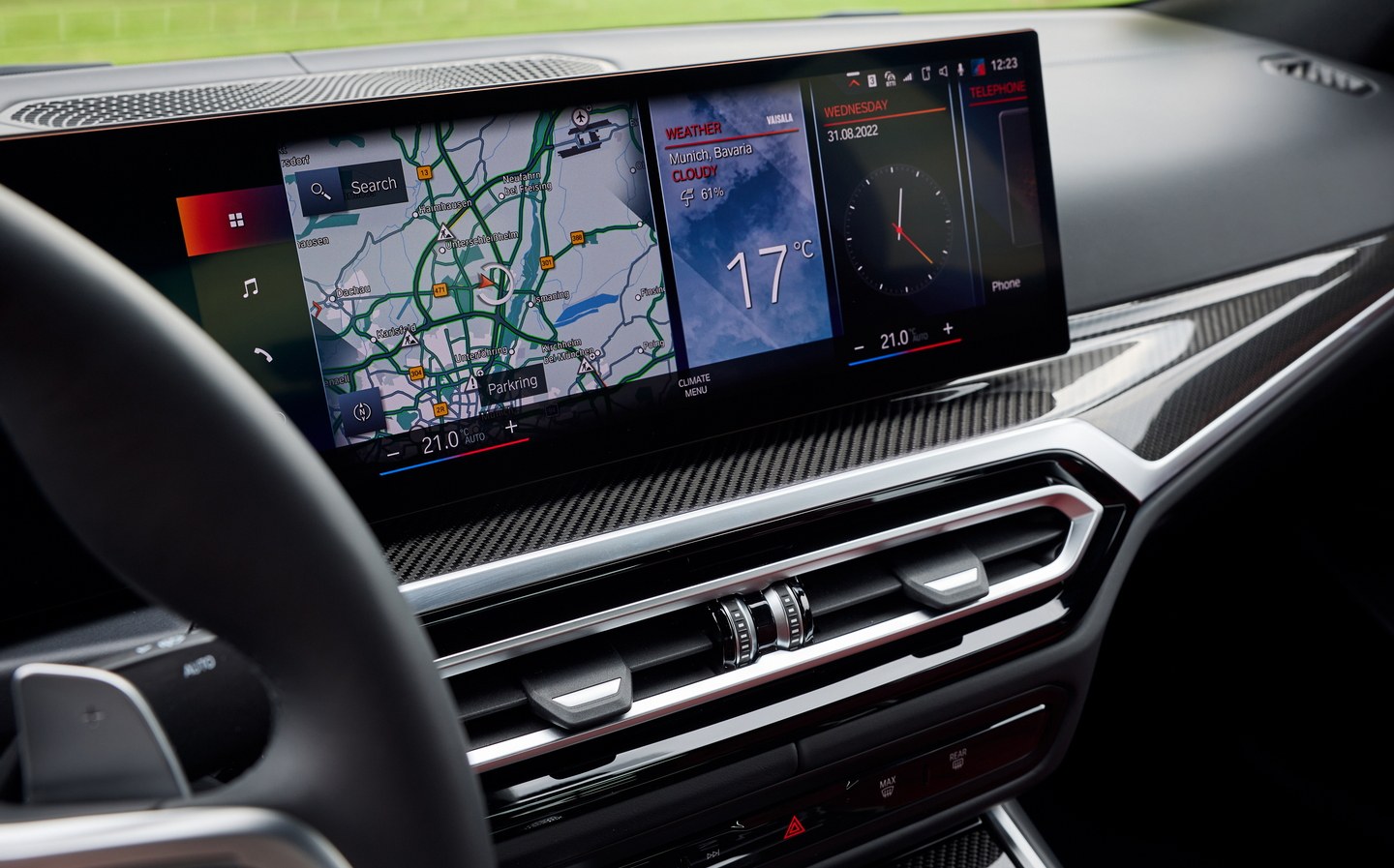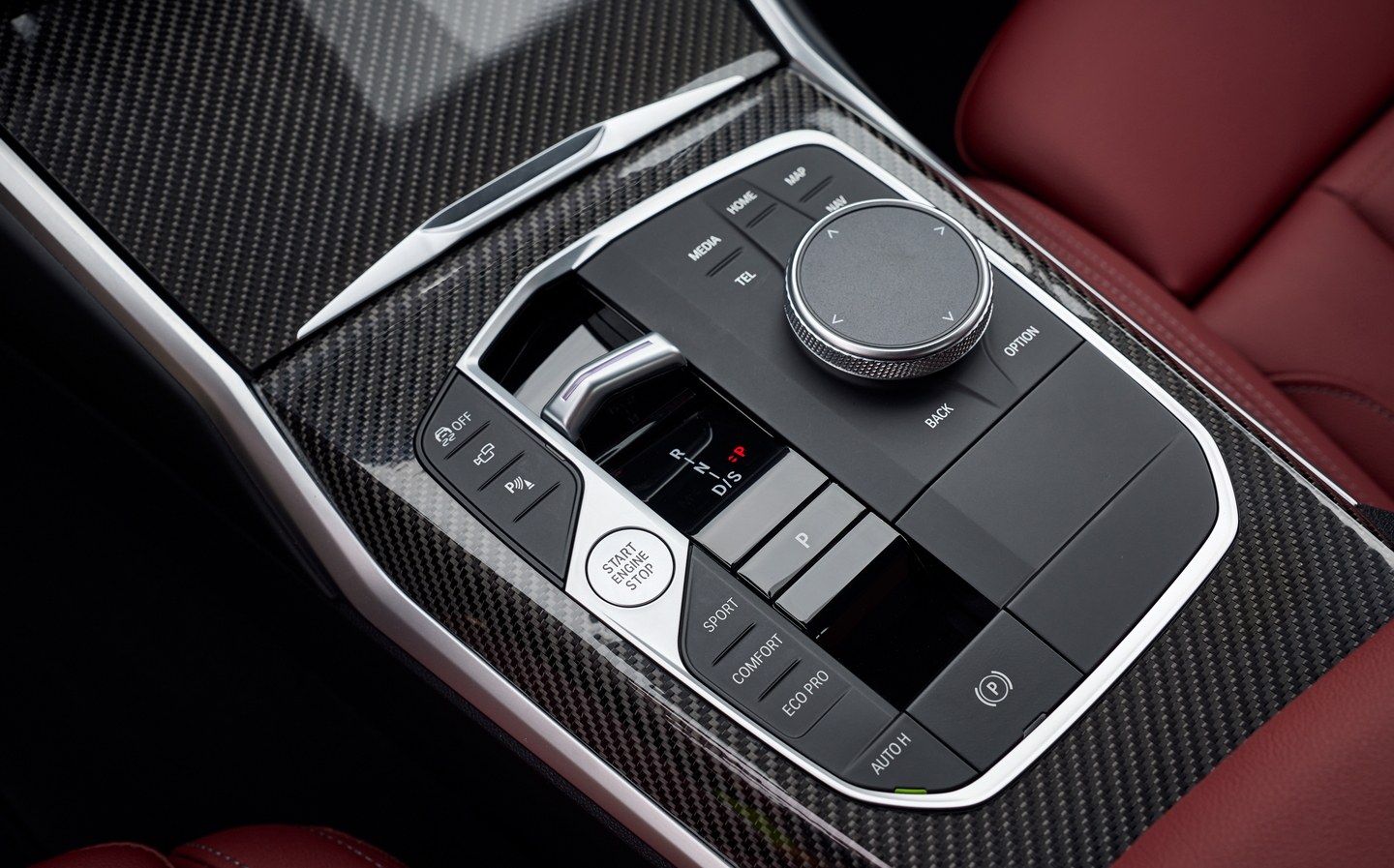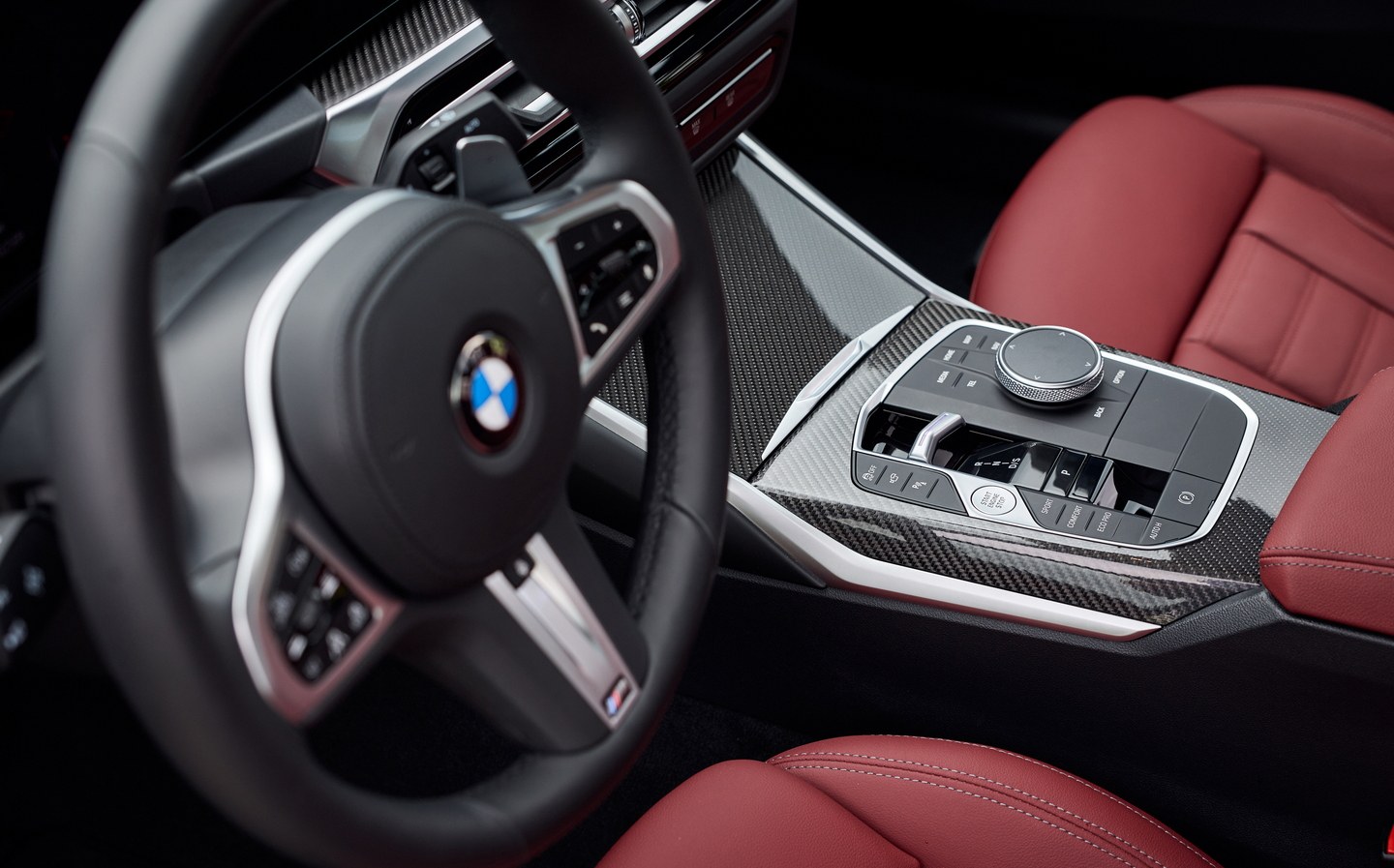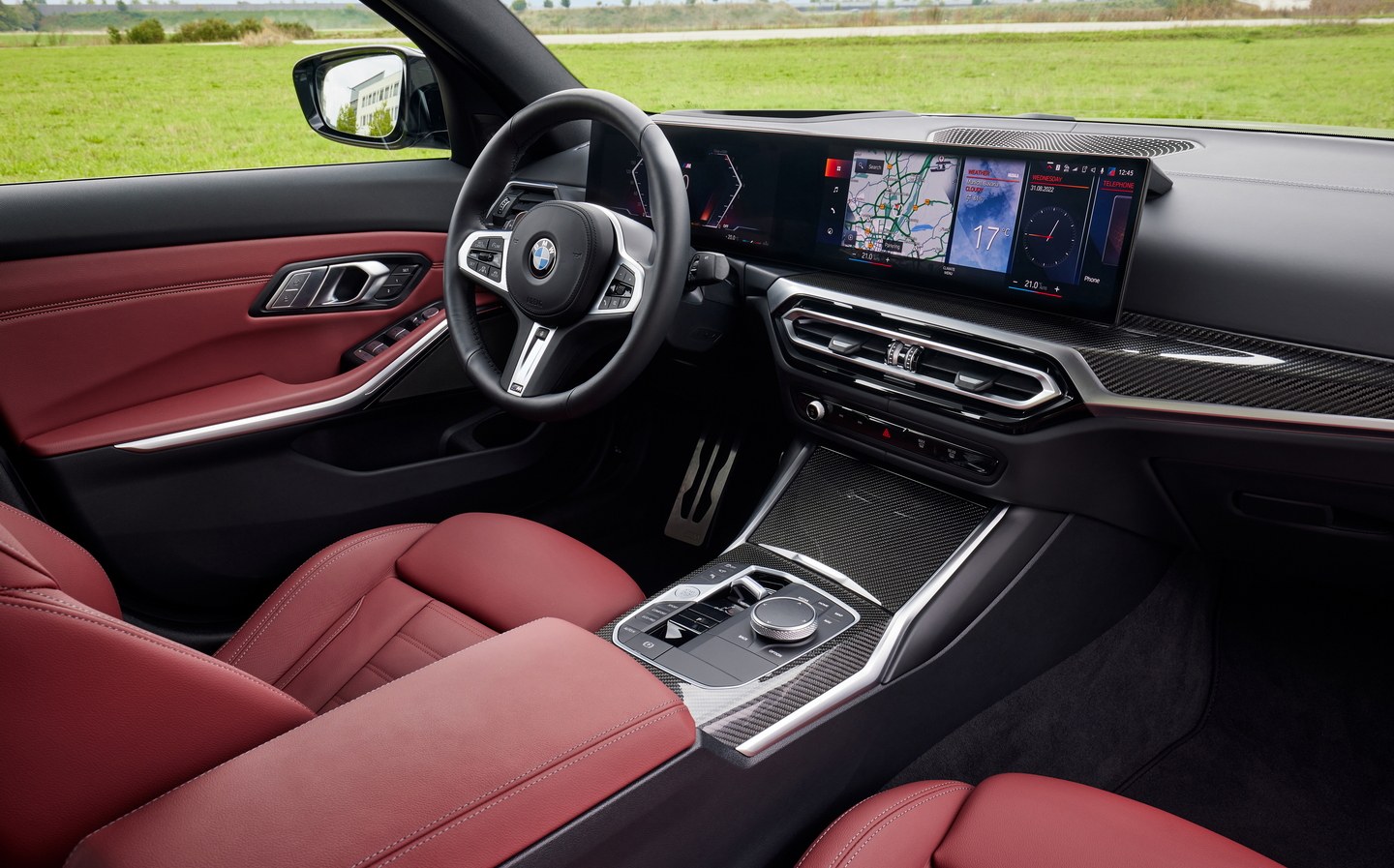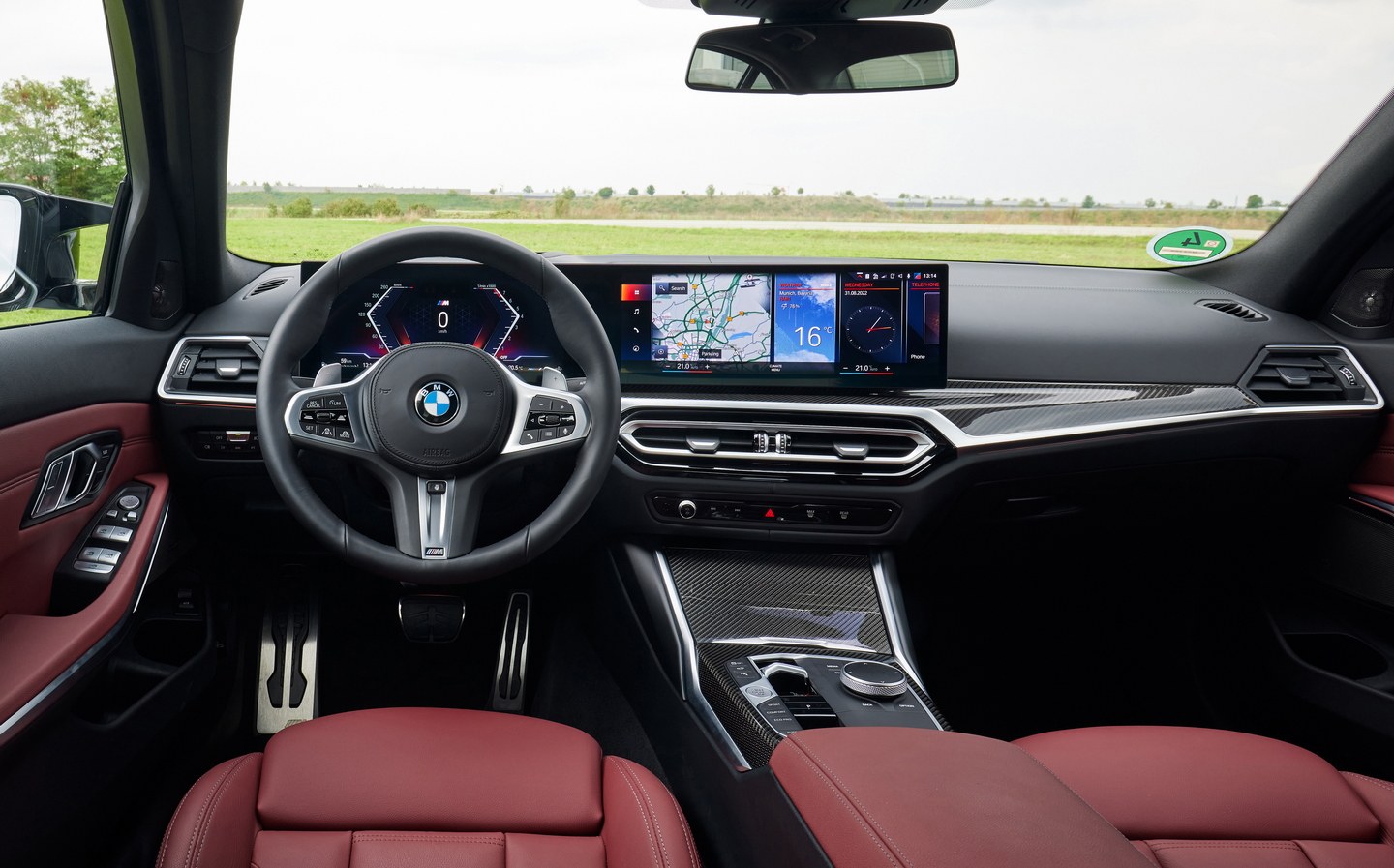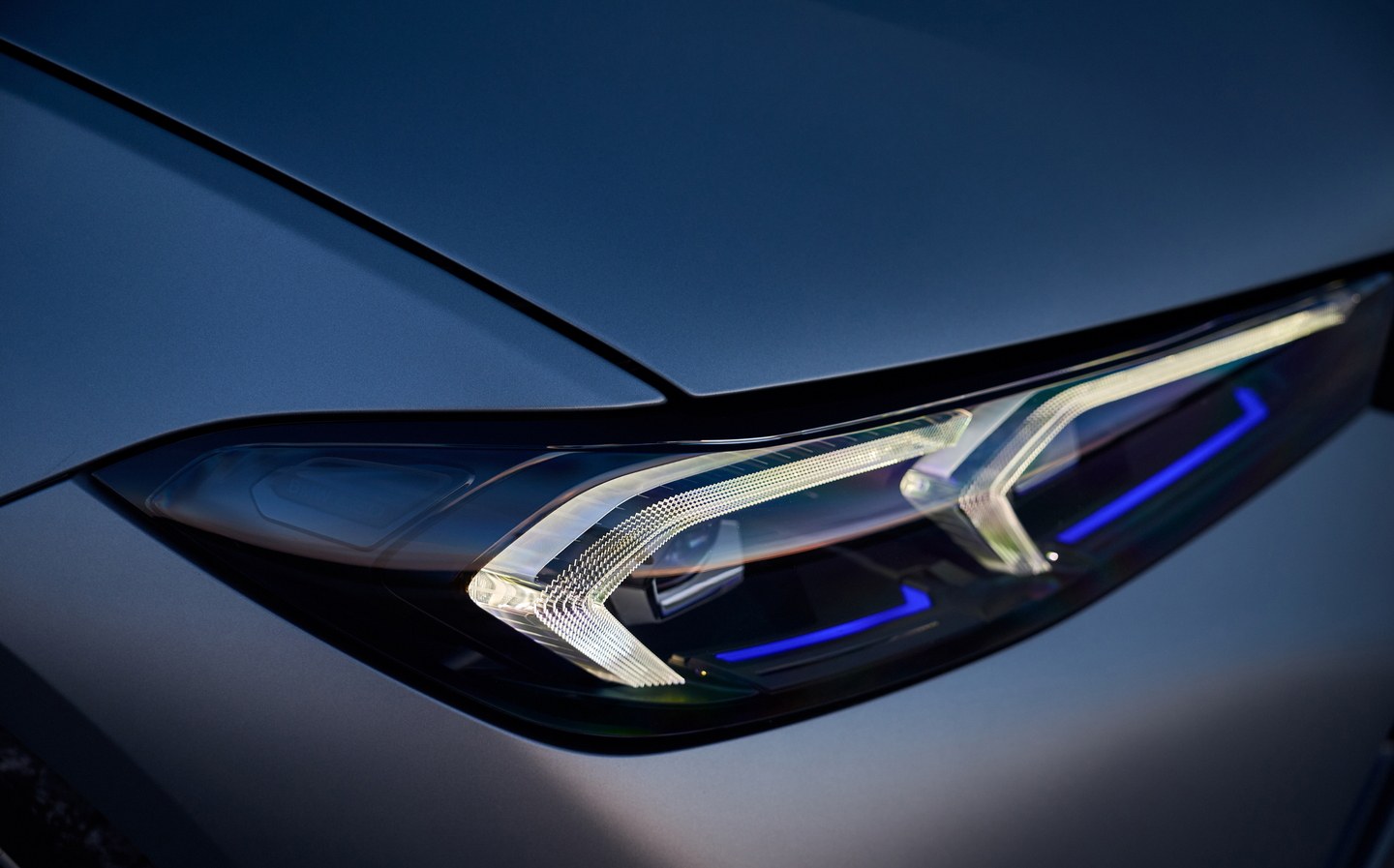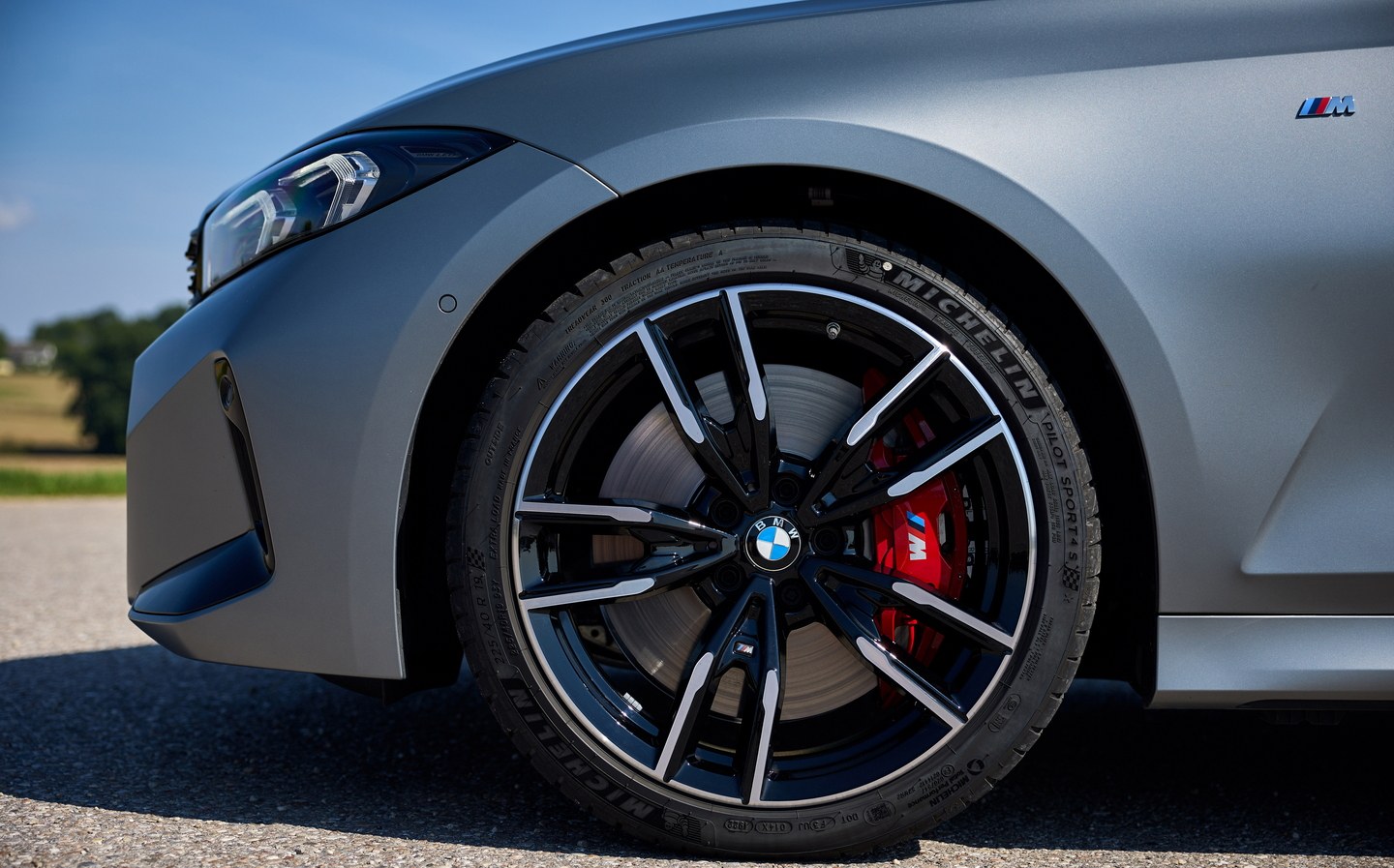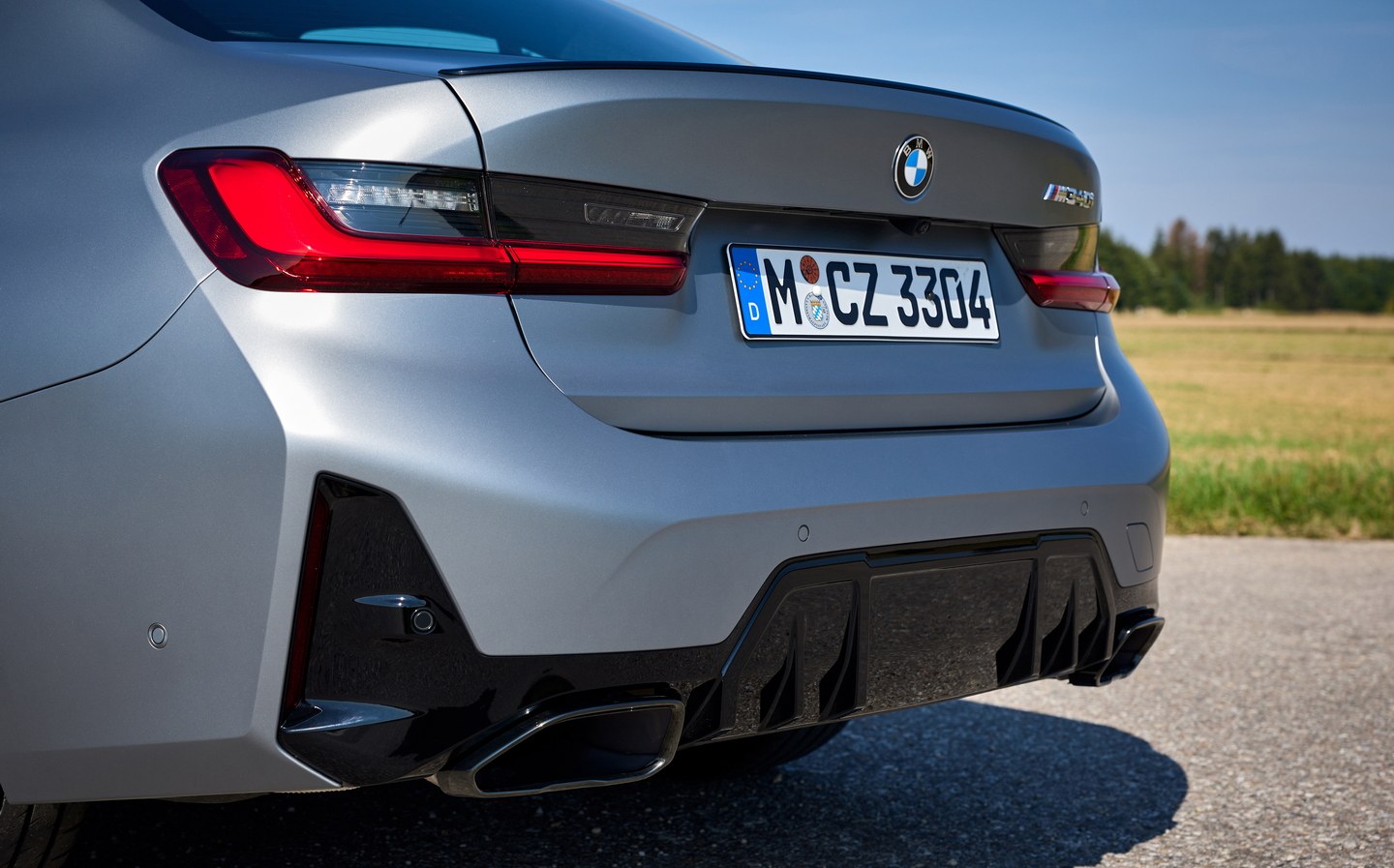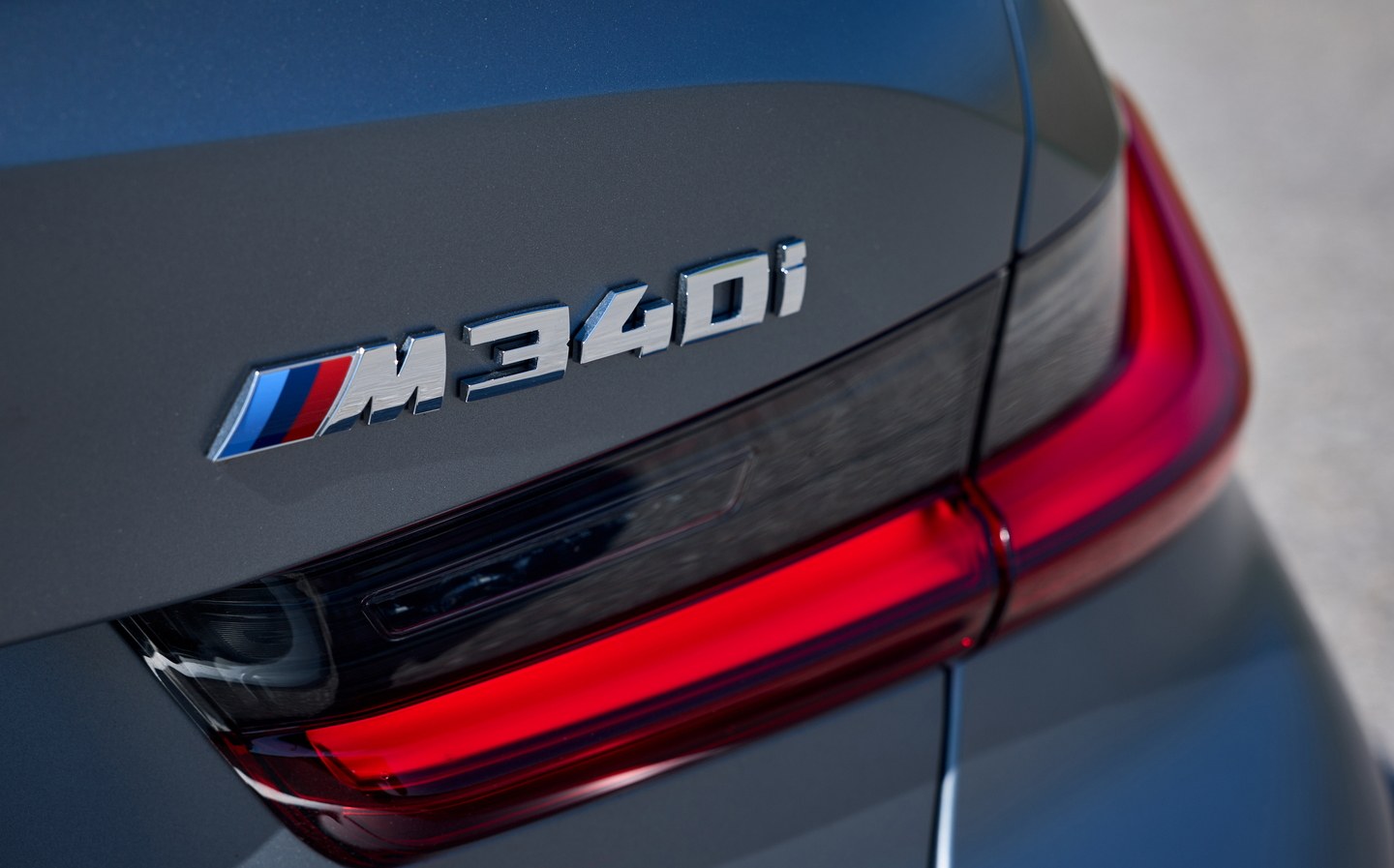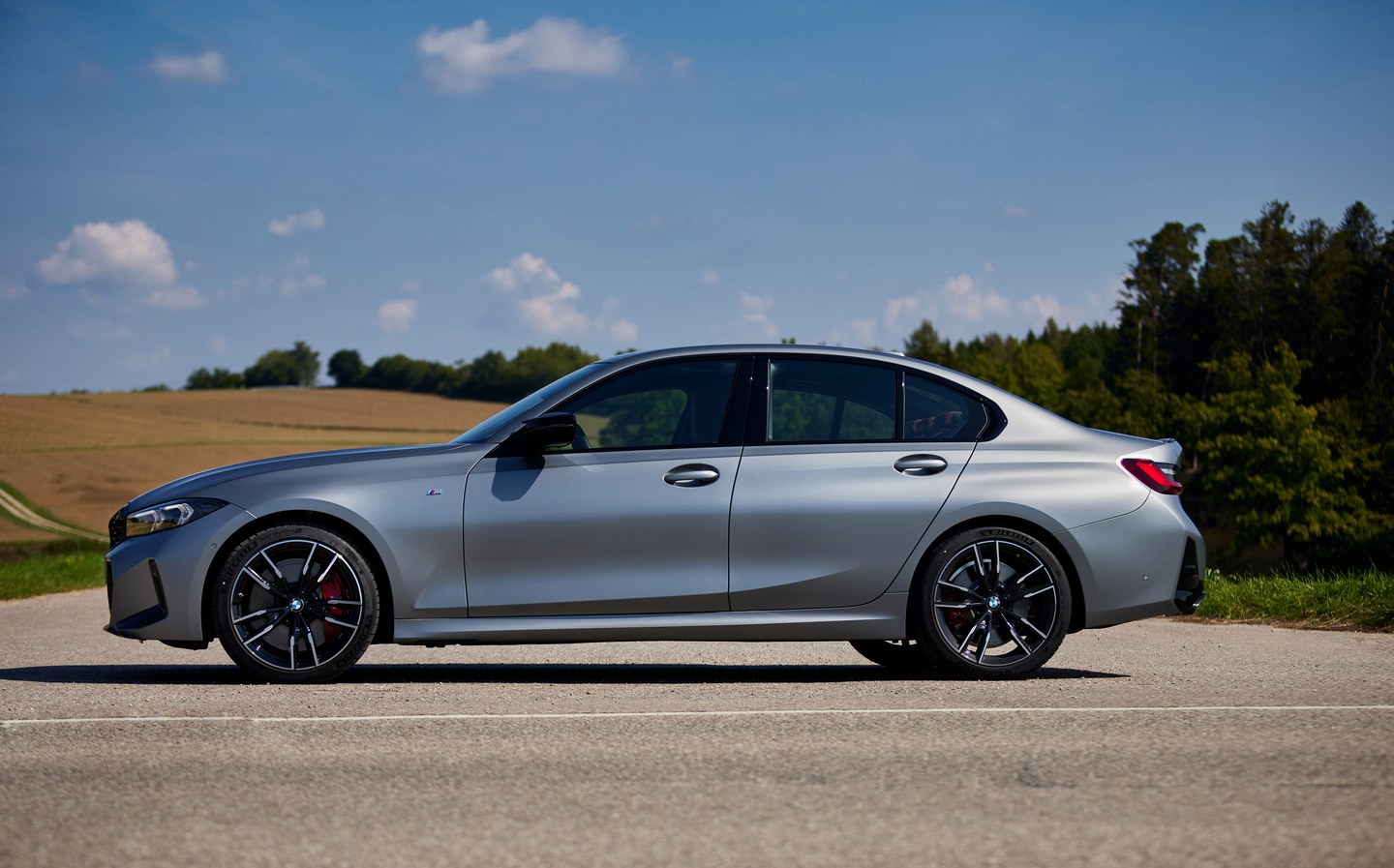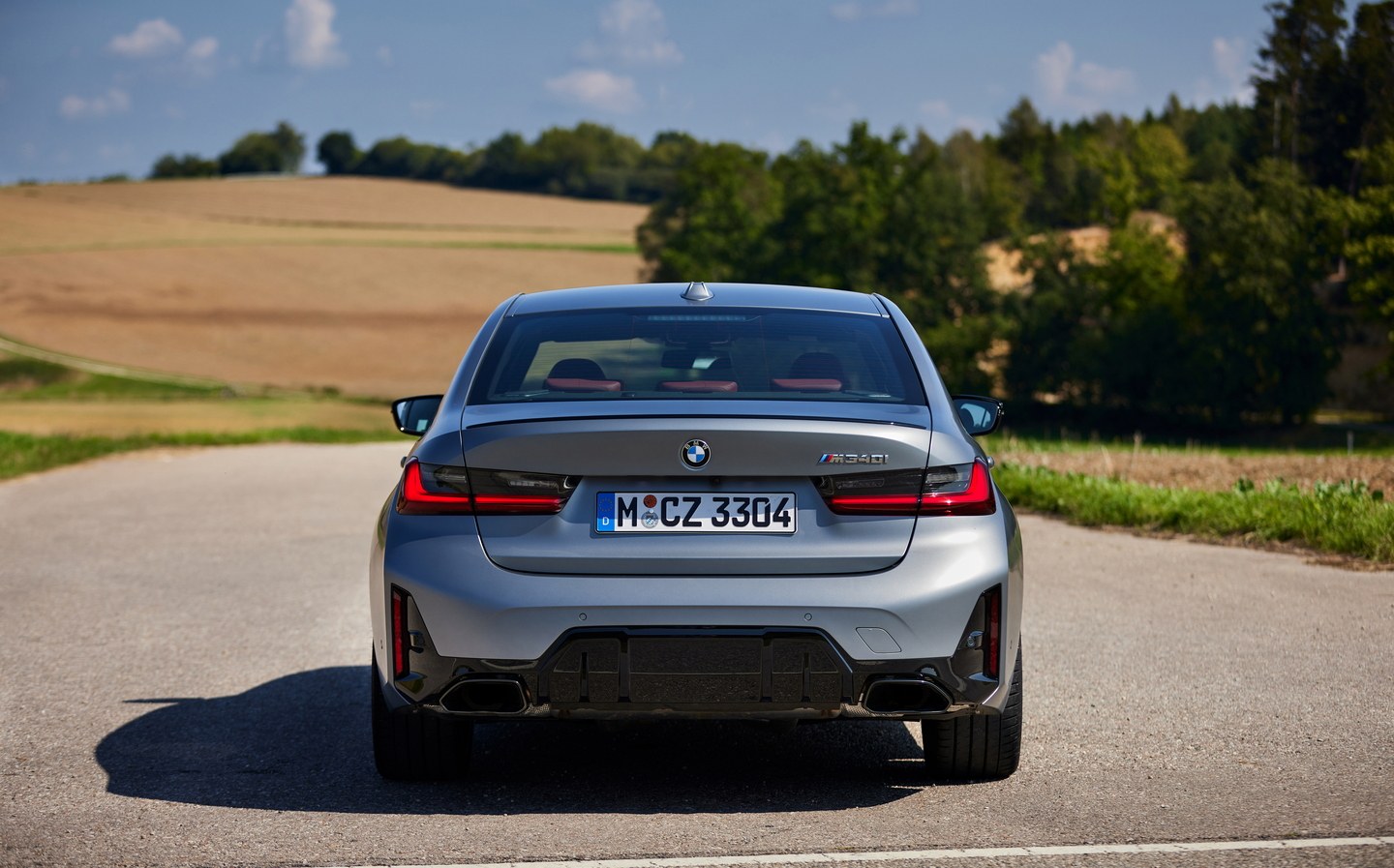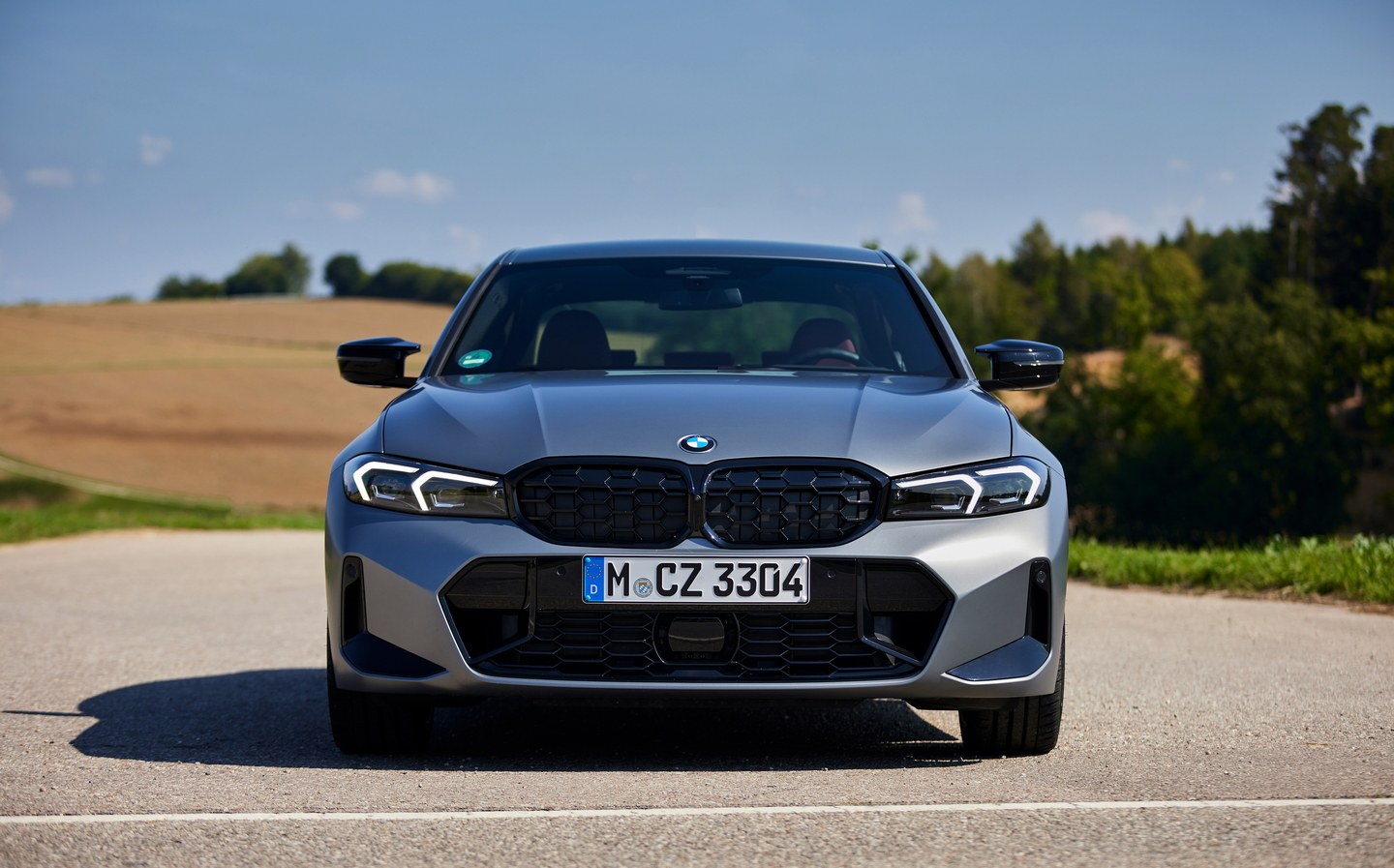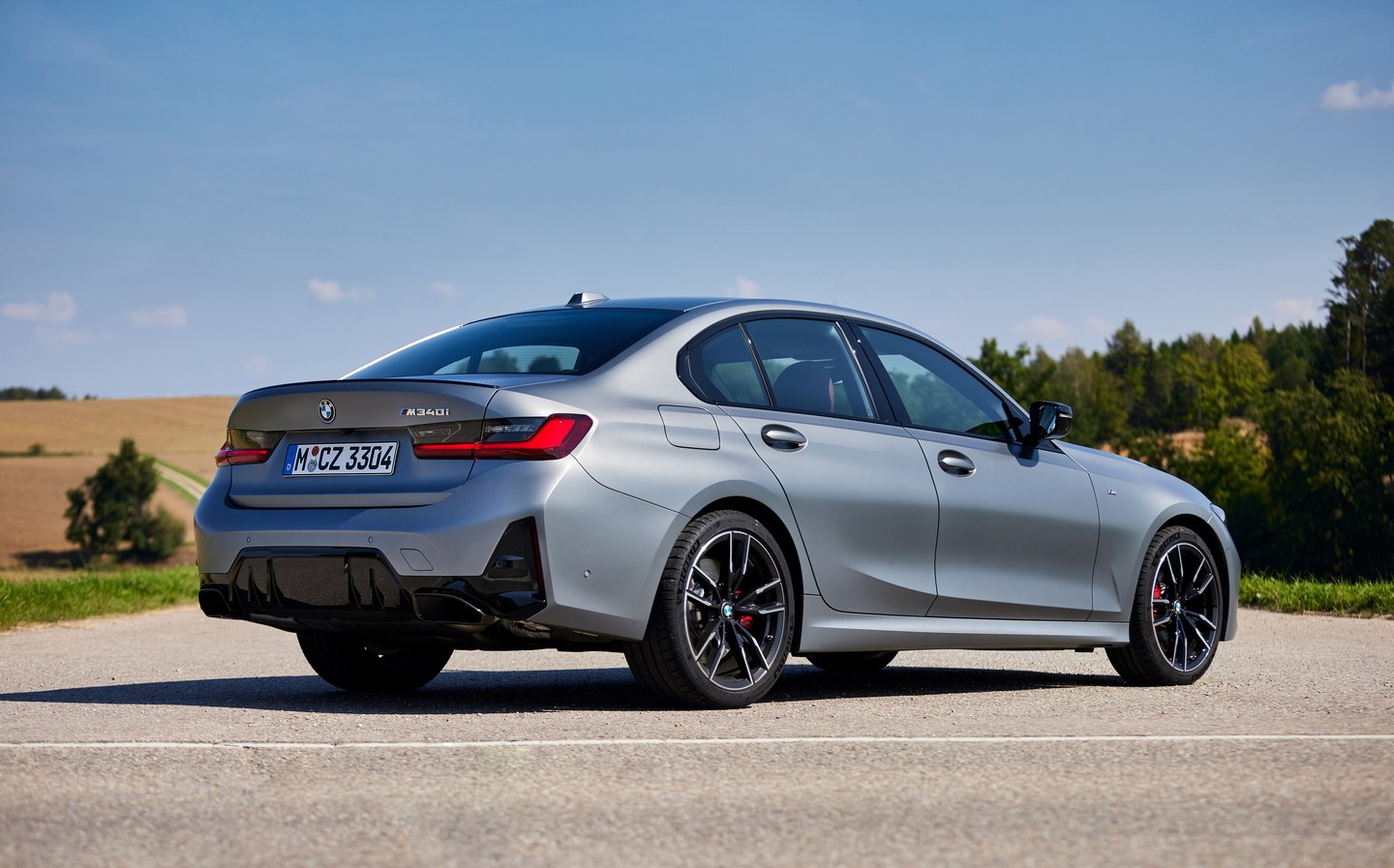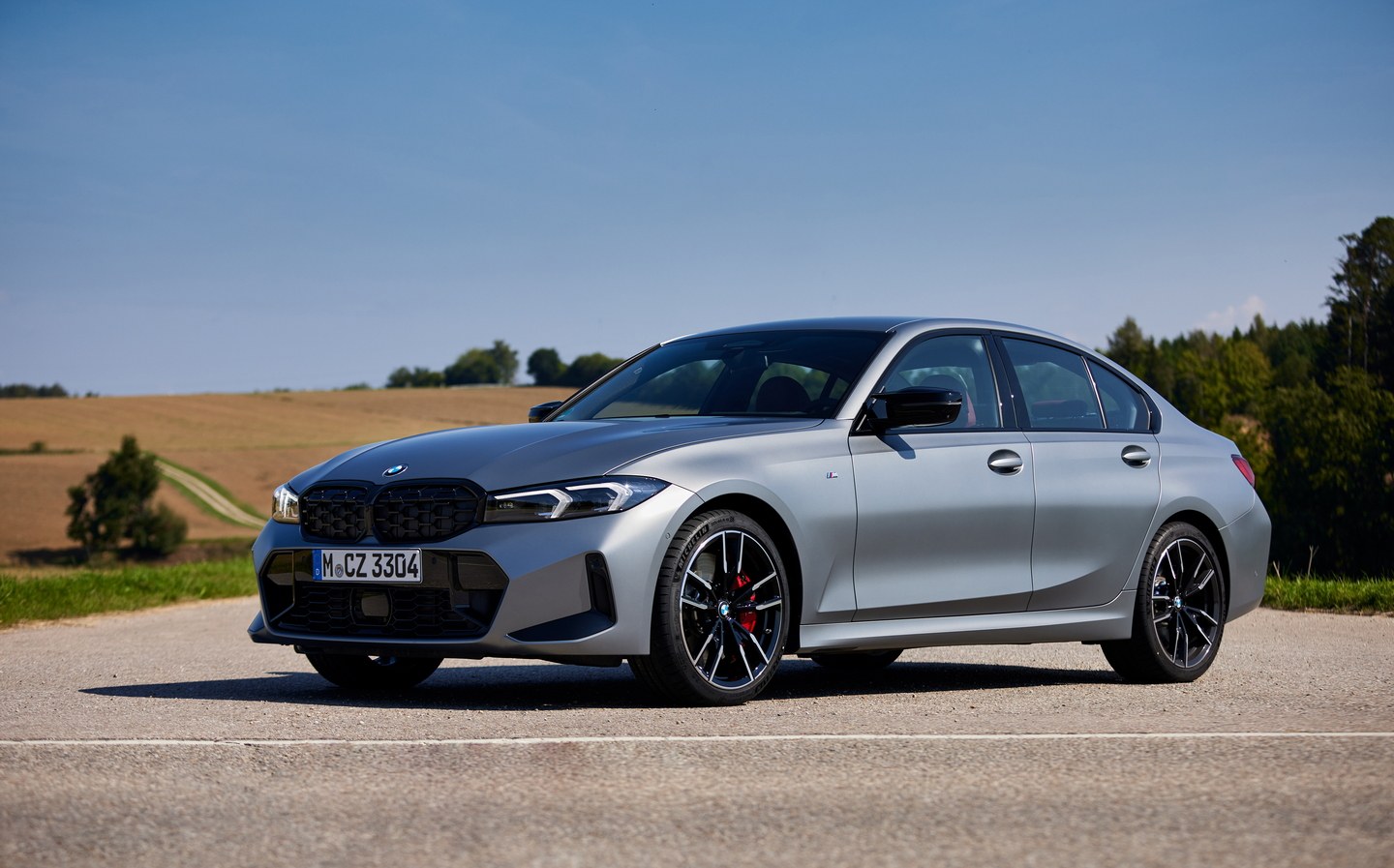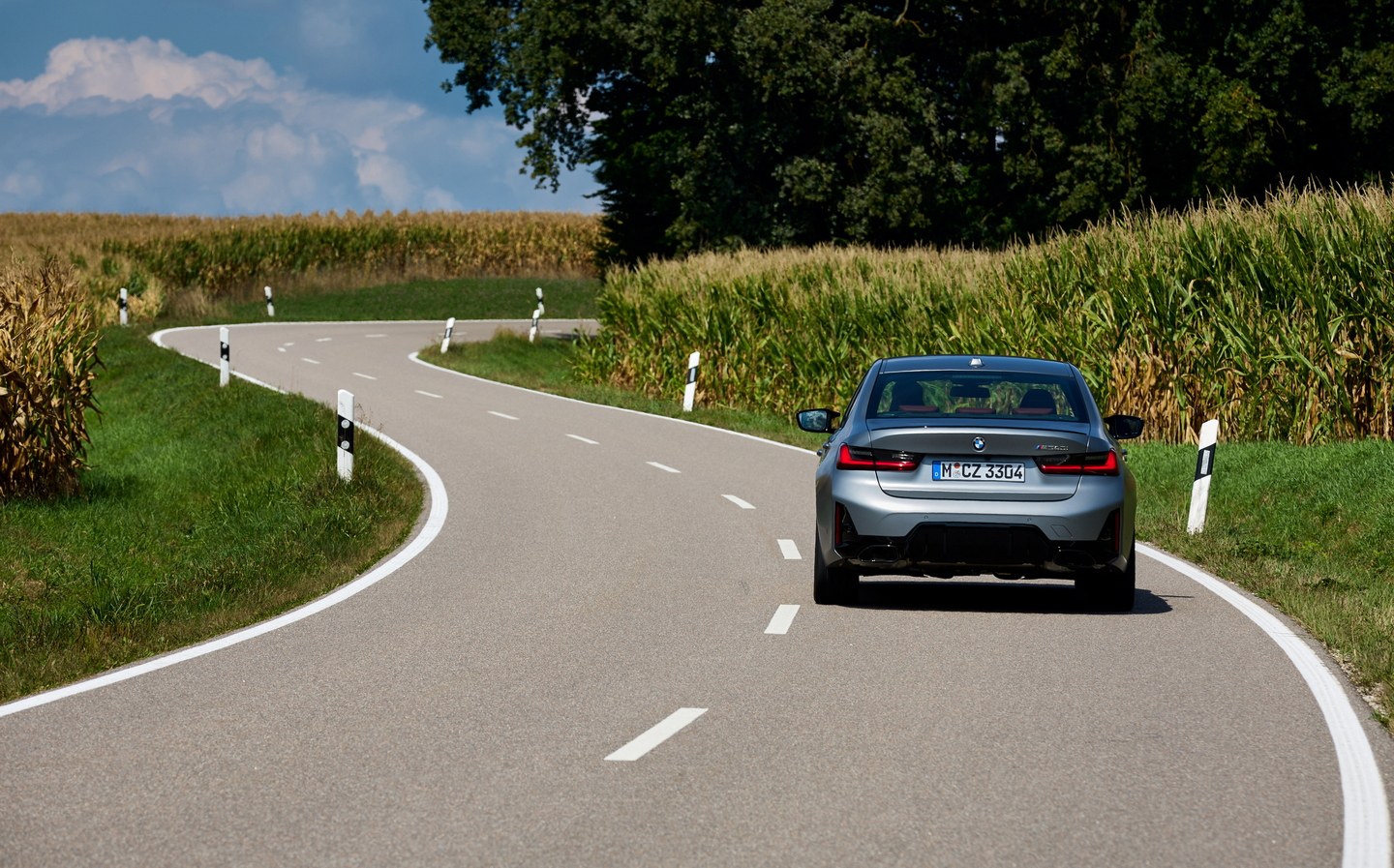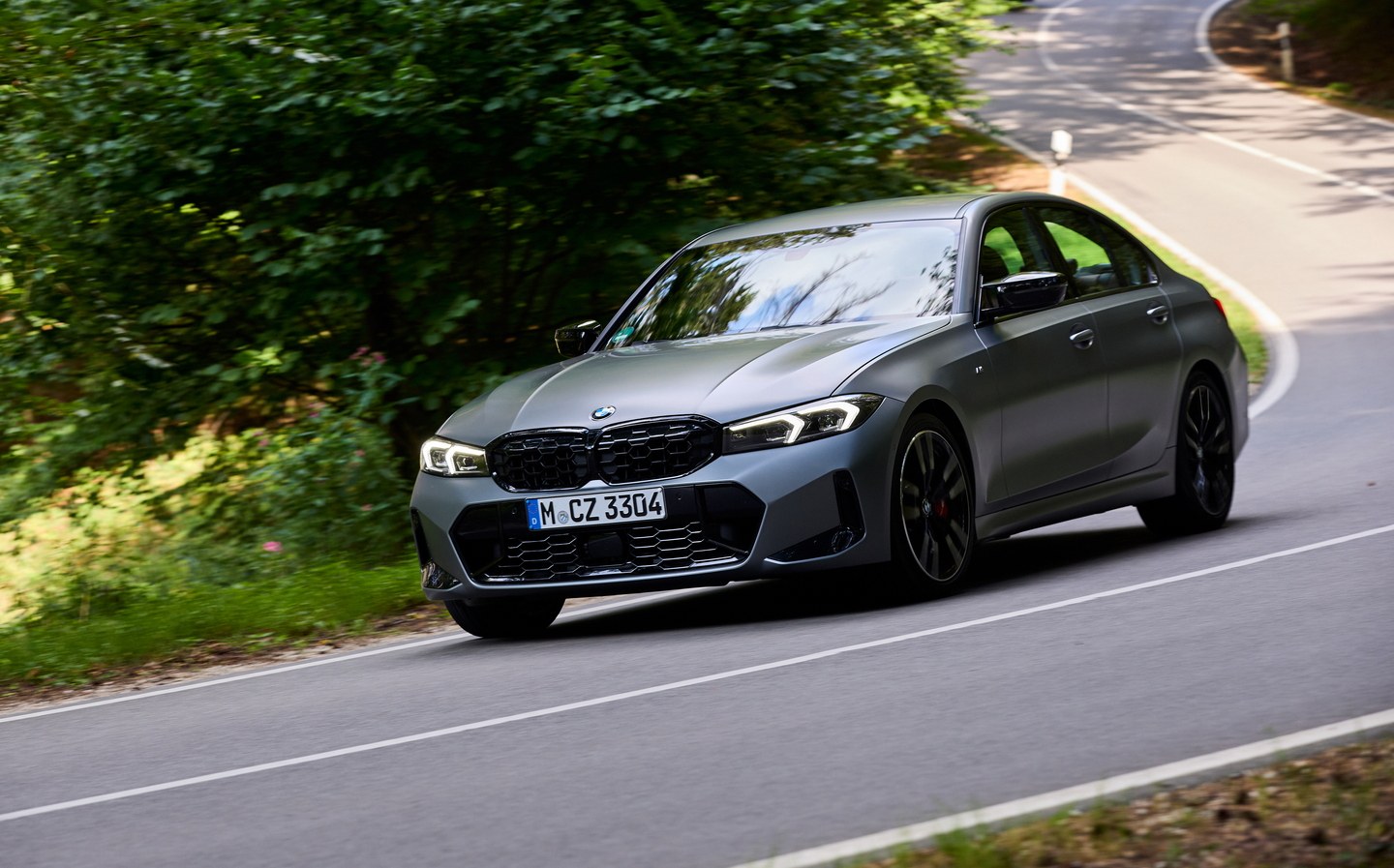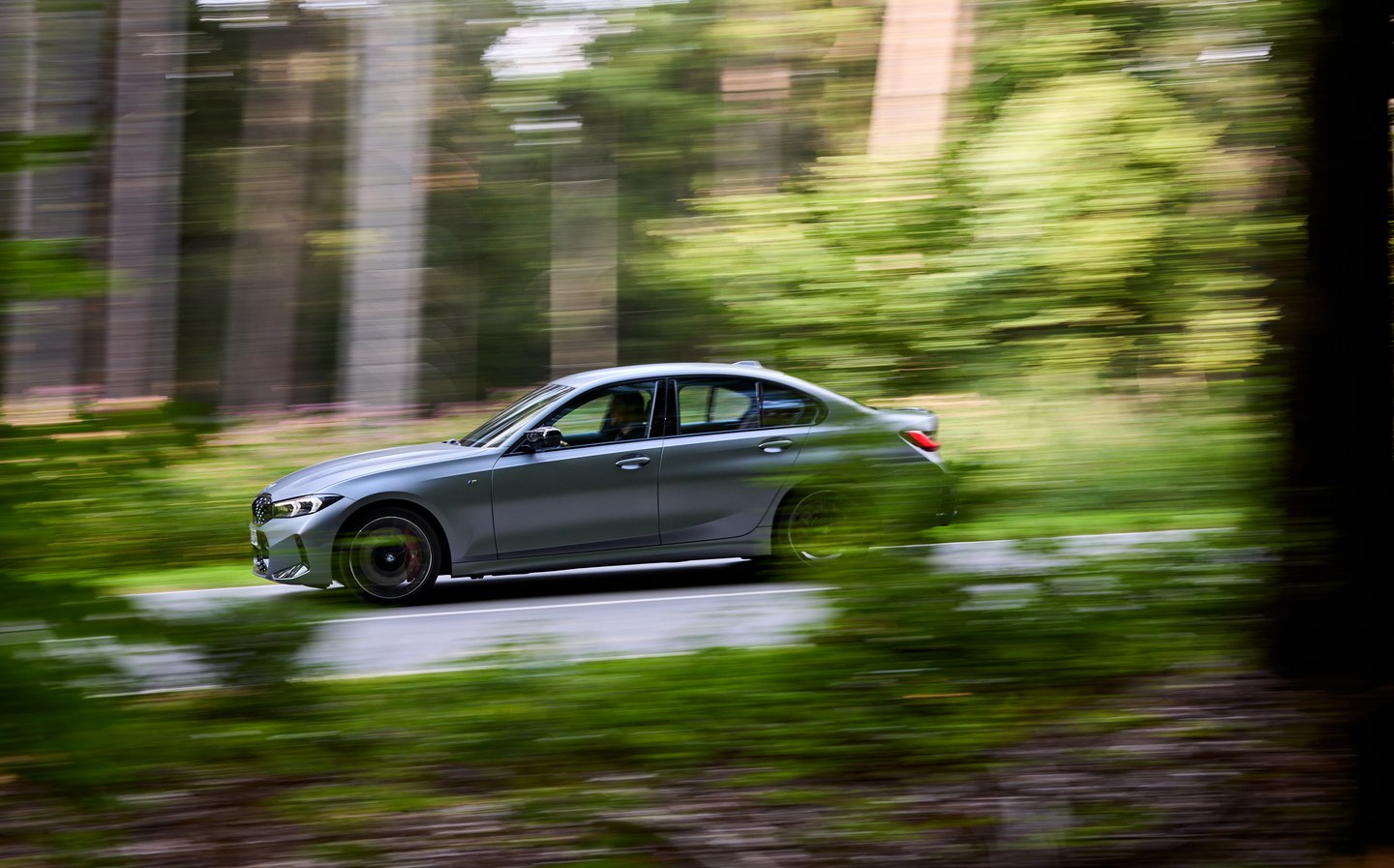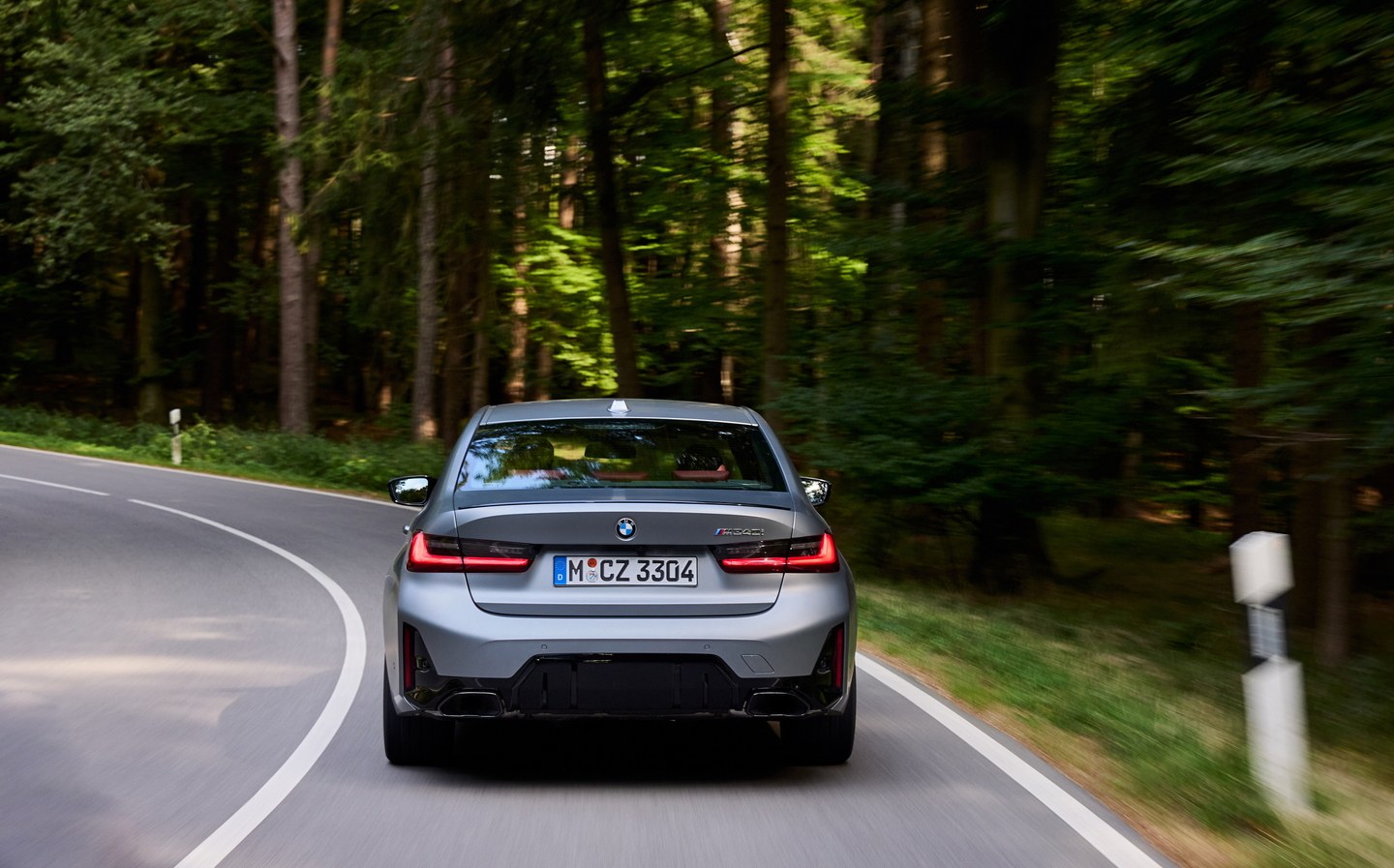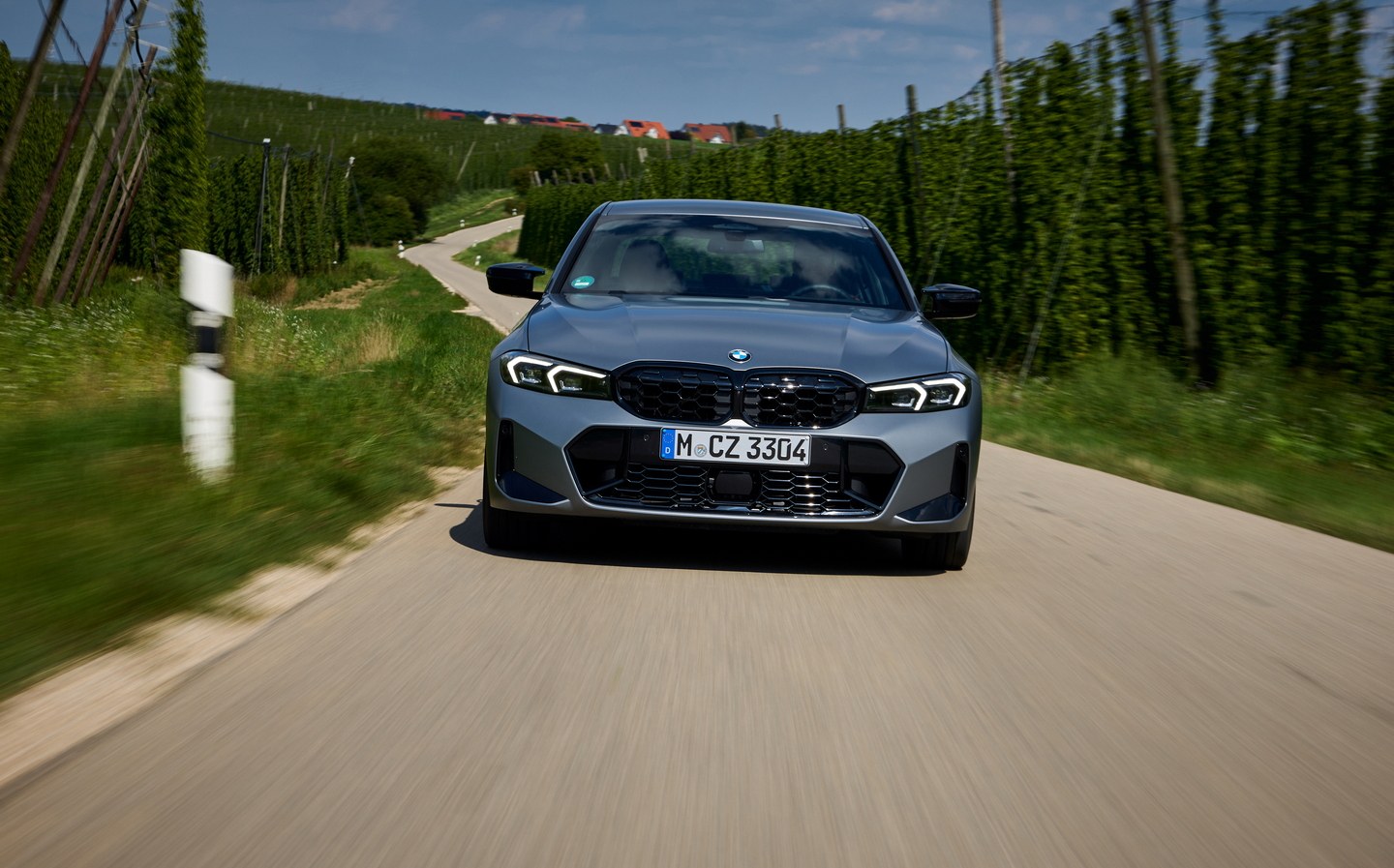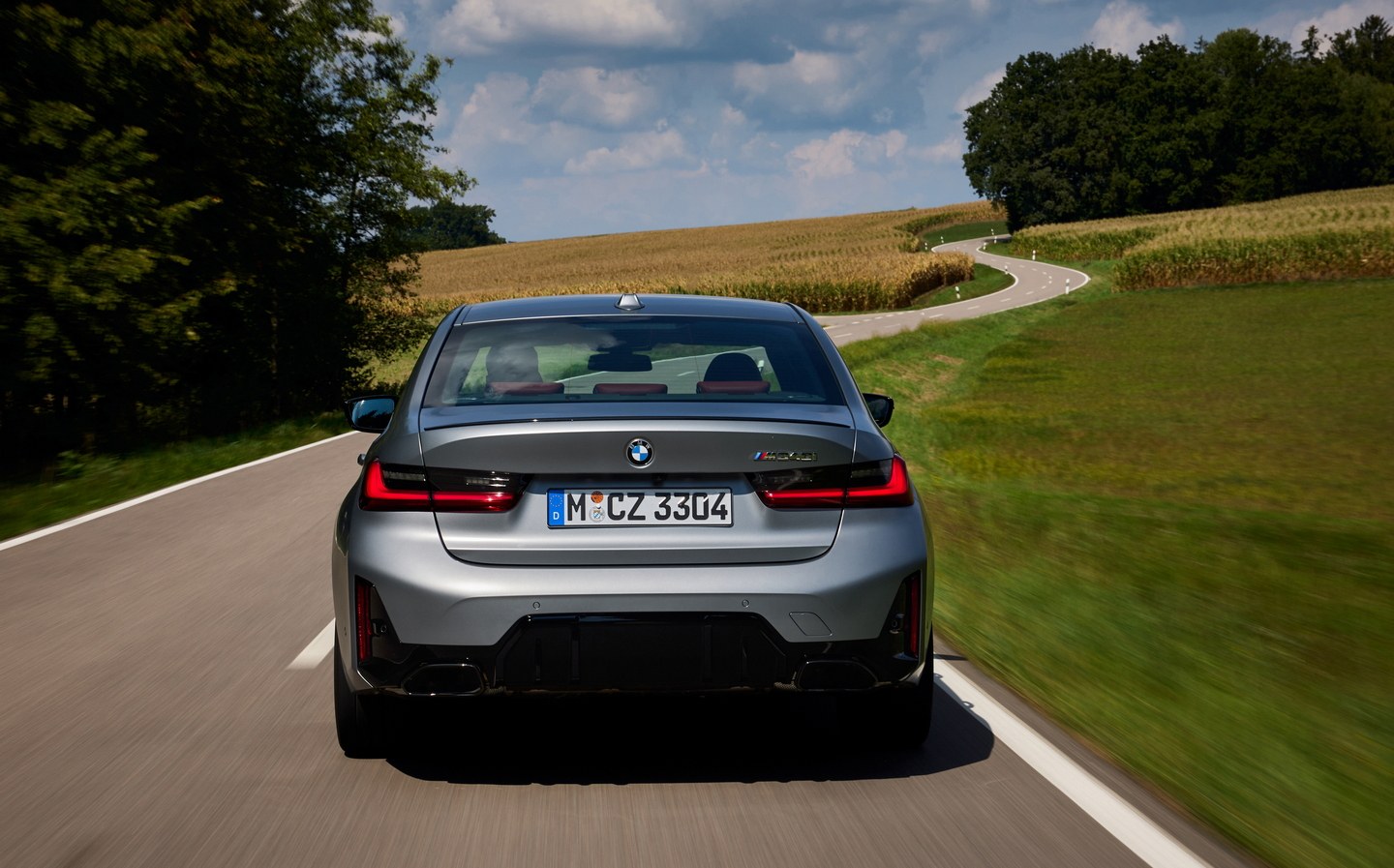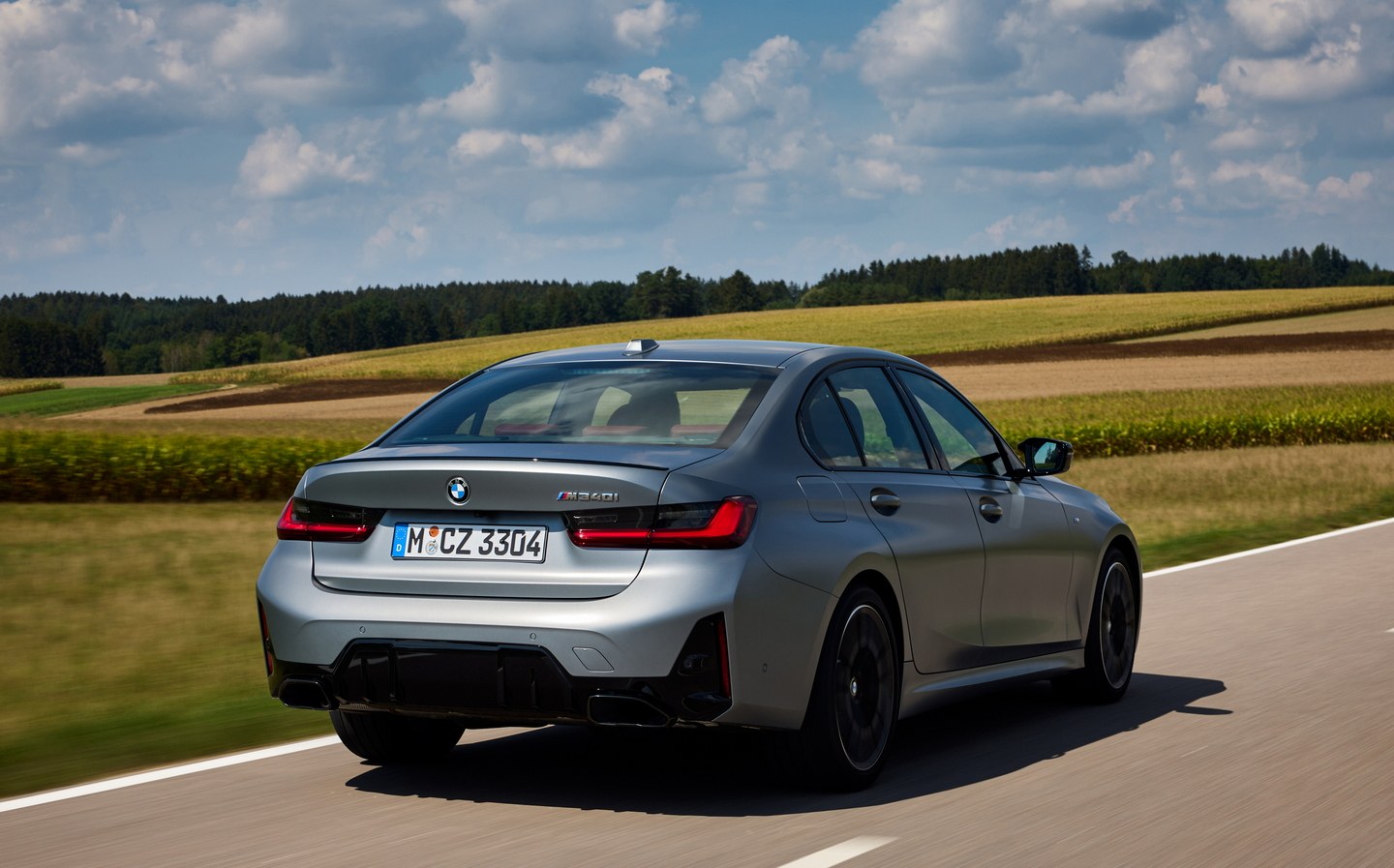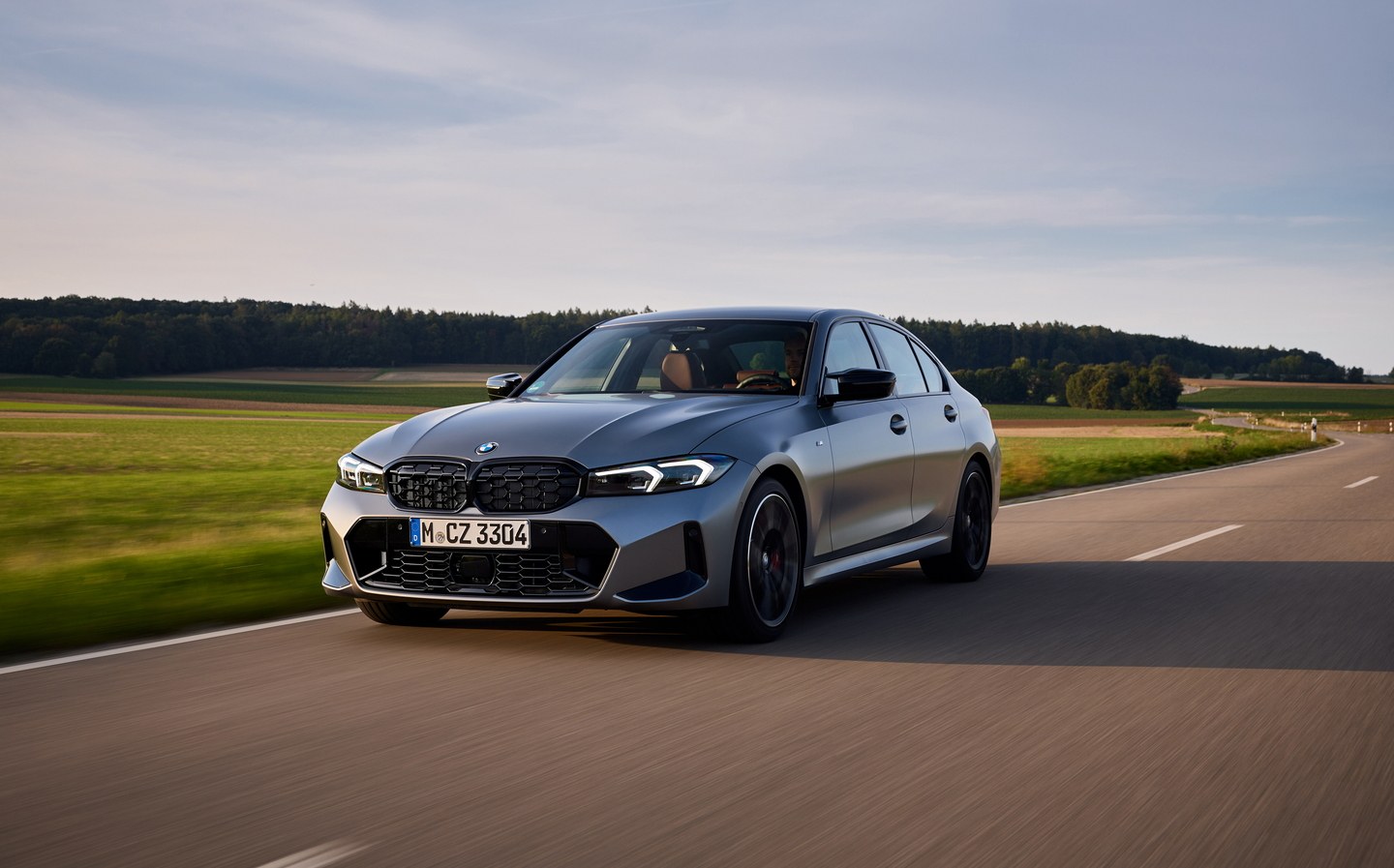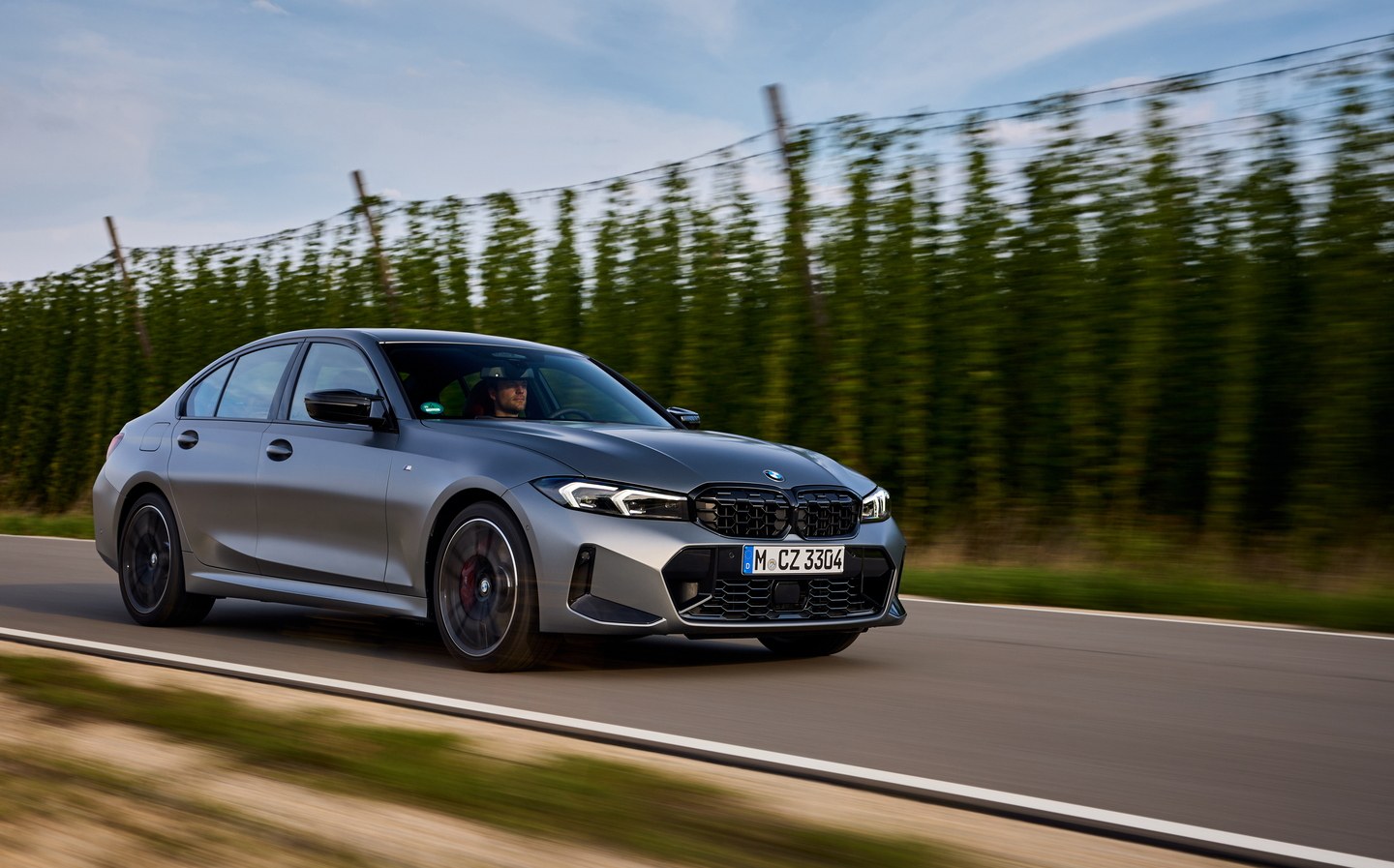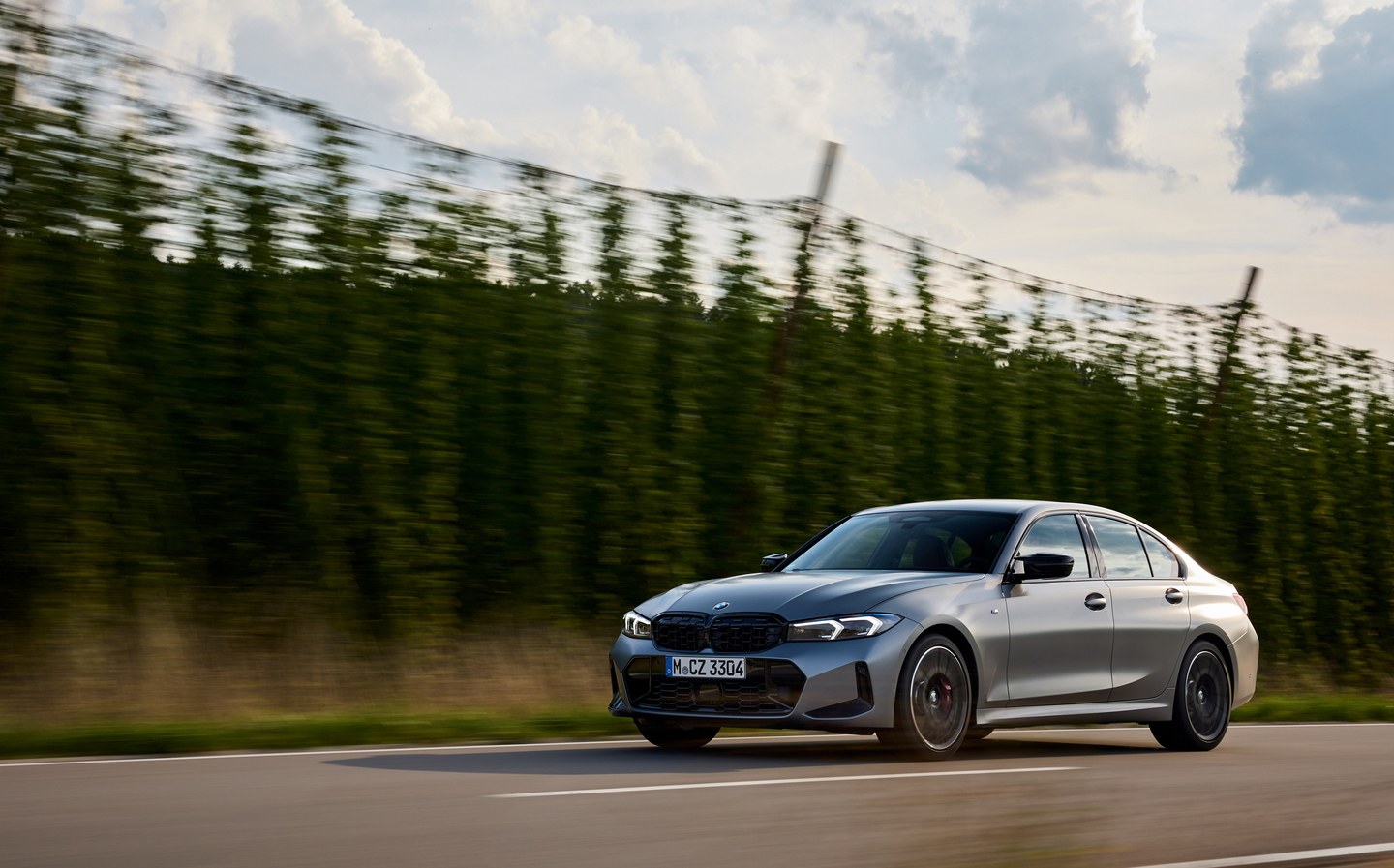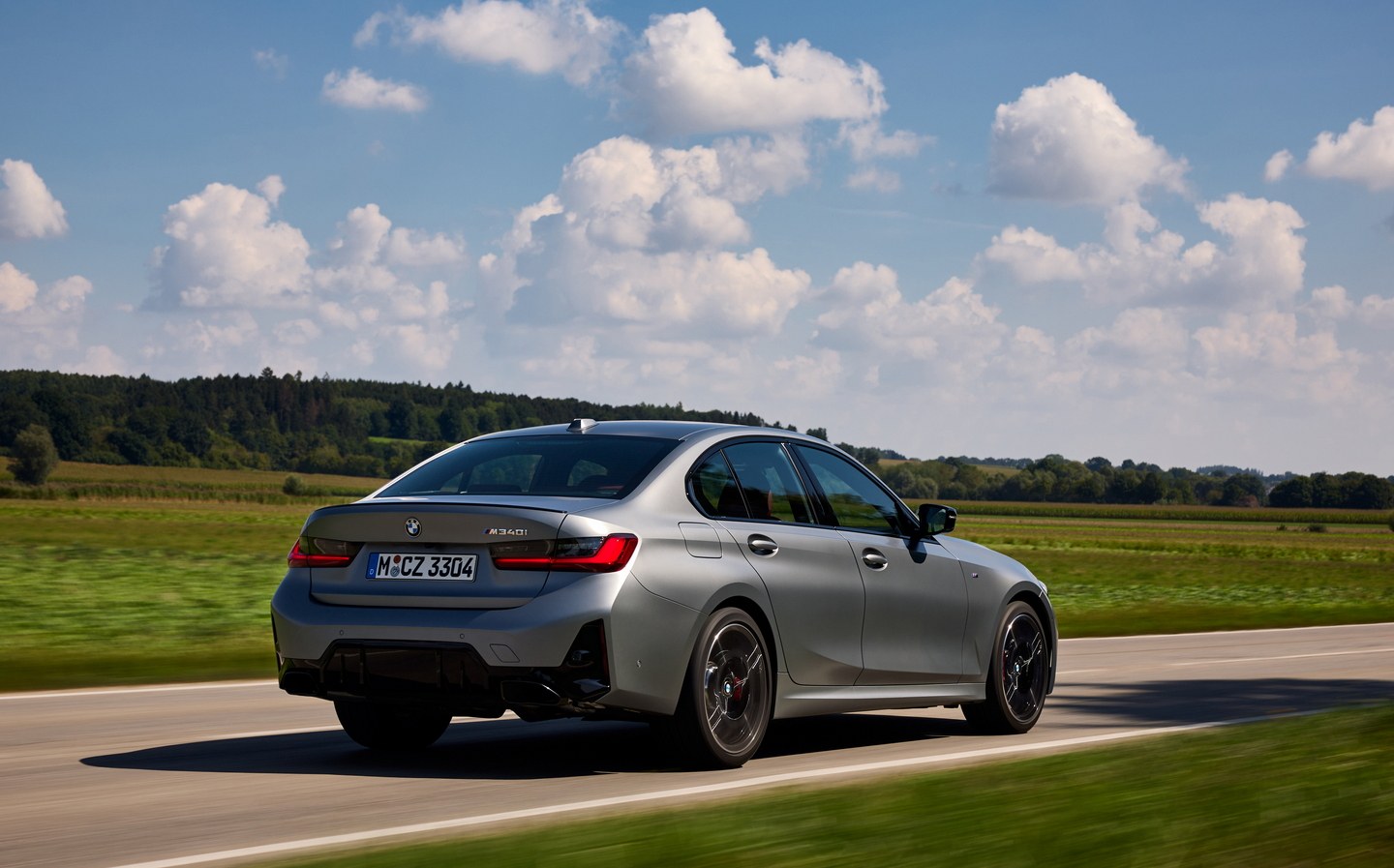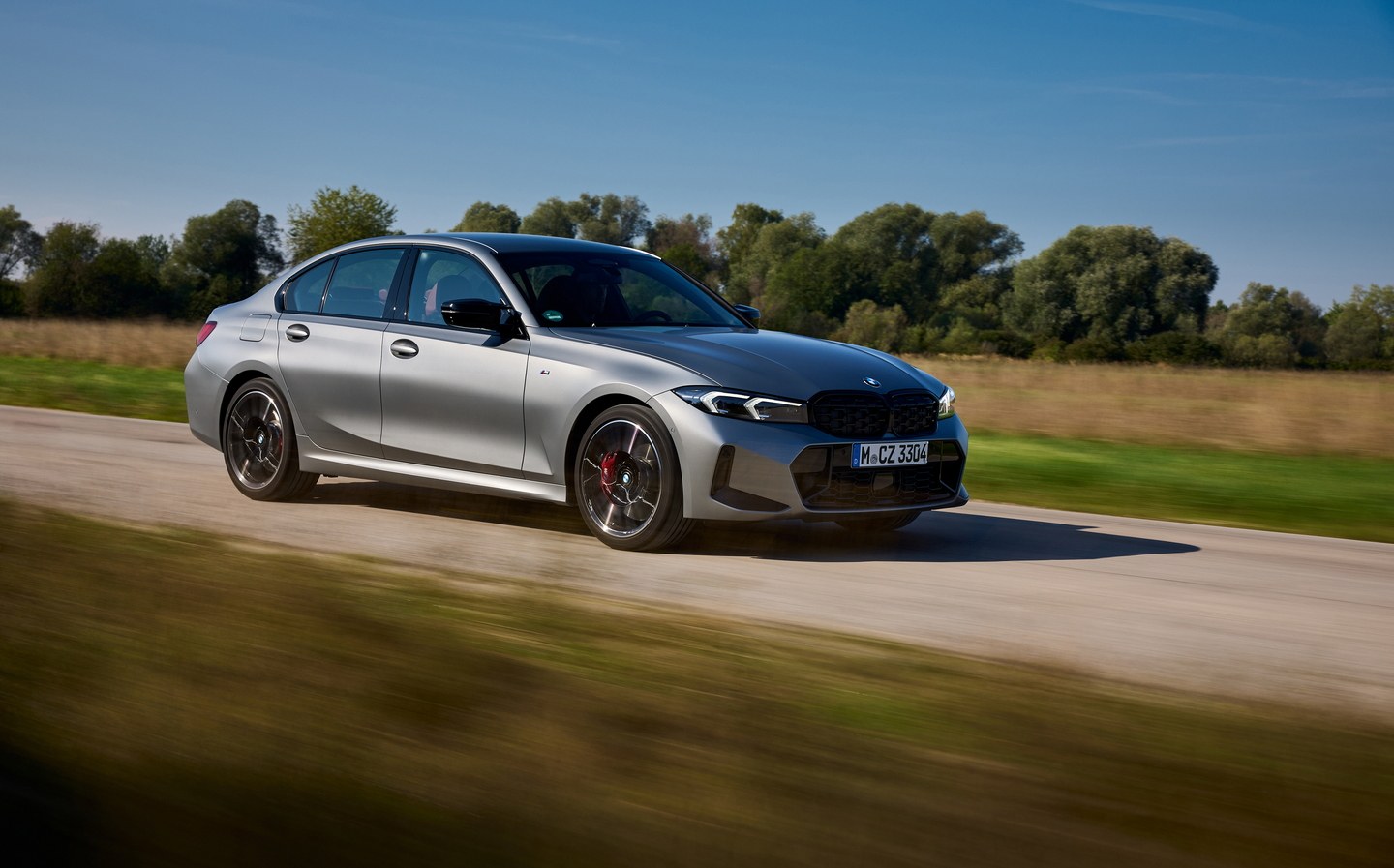2023 BMW 3 Series review: The benchmark executive car, refreshed
Not quite a facelift
The BMW 3 Series is a common sight on European roads but familiarity has not bred contempt for Bavaria’s brilliant executive saloon. The latest-generation model is the best-selling example yet, but after just a few years on sale BMW has given it a mid-life update.
The changes aren’t huge – there are some aesthetic tweaks and some more modern on-board technology – but it’s still a risk. After all, the 3 Series is competing with some accomplished rivals, including the new Mercedes-Benz C-Class and the ageing but still brilliant Audi A4. And that’s before we consider the Jaguar XE, Volvo S60 and Alfa Romeo Giulia.
So has BMW’s meddling improved the 3 Series, or is it just a case of change for change’s sake?
Exterior design and rivals
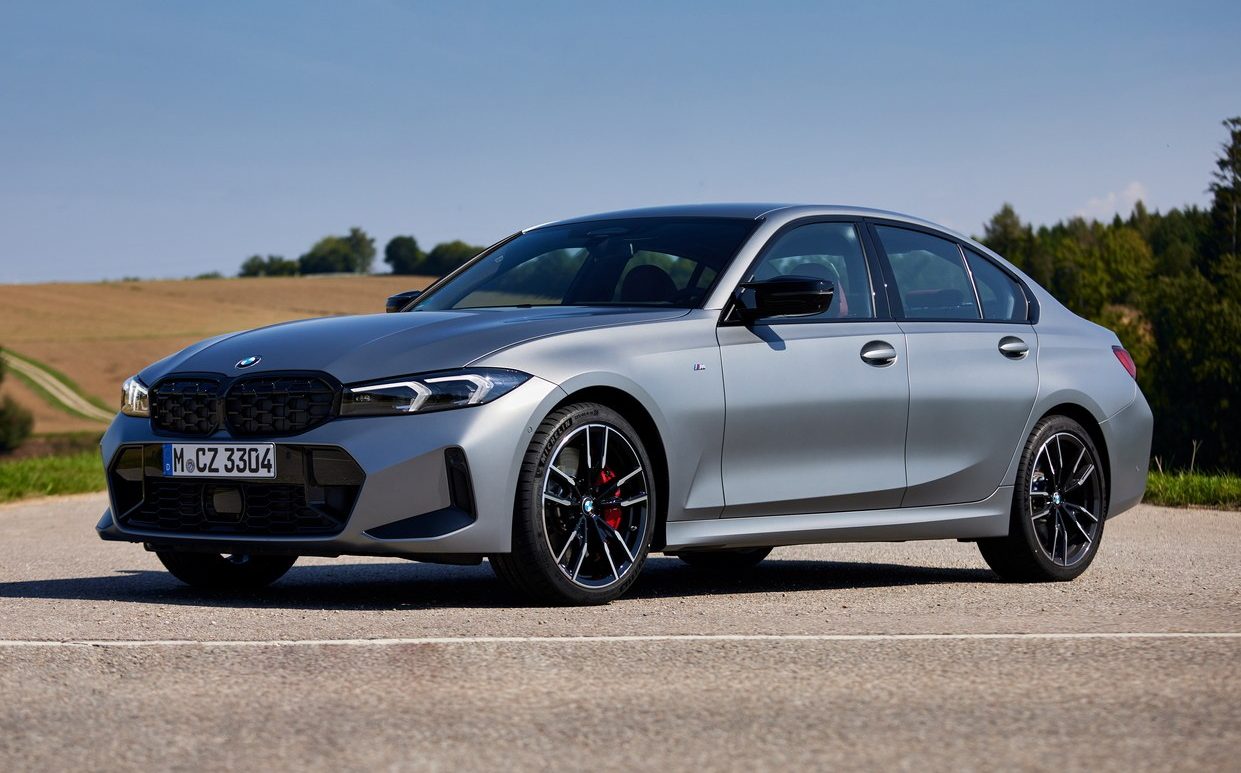
To the casual observer, there’s little to differentiate the new BMW 3 Series from its predecessor – particularly if you look at an entry-level Sport model.
There are some new headlights and some new bumpers at the front and rear, but otherwise the greatest change is a slight modification to the profile of the grille.
Those who have seen recent BMW designs may be pleased to know the grille hasn’t grown in terms of area, though.
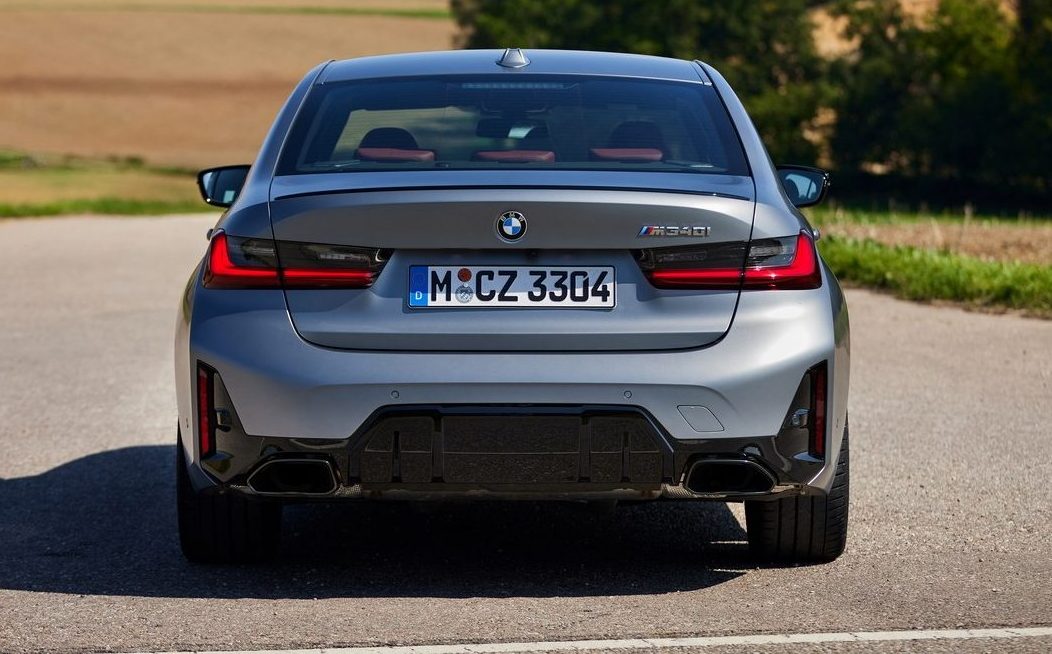
Other changes rather depend on which version of the 3 Series you look at. M Sport models are more drastically altered thanks to their bigger lower grille on the front bumper, while certain engine options now come with larger-diameter tailpipes.
Aside from that, however, it’s definitely a case of business as usual.
Not that that’s a problem. The 3 Series was and is a handsome thing, with a subtle muscularity and solidity that makes it look modern and robust. Perhaps it isn’t as bold as the new C-Class or the Audi A4, but it has a kind of restraint and class about it. And now it’s just slightly more contemporary than before.
Interior and practicality
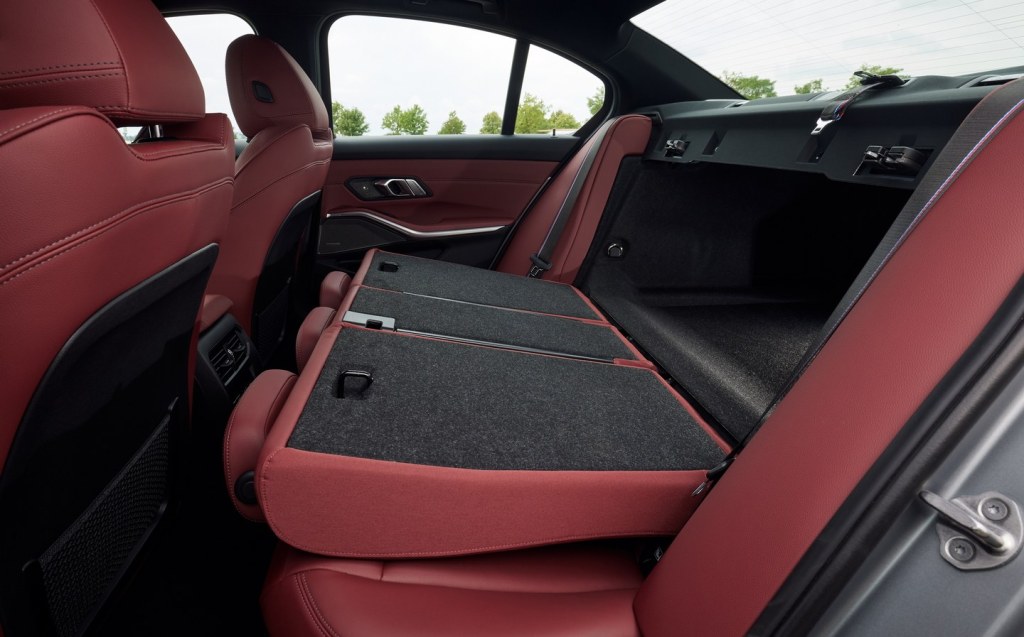
Though the 3 Series’ exterior may not have changed greatly, the same cannot be said of the interior. The basic architecture has remained intact but BMW has now fitted its latest-generation touchscreen infotainment system as part of the ‘Curved Display’ user interface that covers two thirds of the dashboard.
Already seen in the i4 and iX electric cars, as well as the new 2 Series Active Tourer, the system combines a digital instrument display and a touchscreen infotainment system in one sweeping curve around the driver.
Dashboard aside, little else has been modified. The saloon still comes with the same 480-litre boot, while the 3 Series Touring estate offers an extra 20 litres of capacity and a more practical tailgate. Load it to the rafters and fold the back seats down and you have more than 1,500 litres of space to play with.
Cabin space is unchanged, too, with ample space for four adults — although the Touring version offers marginally more rear headroom.
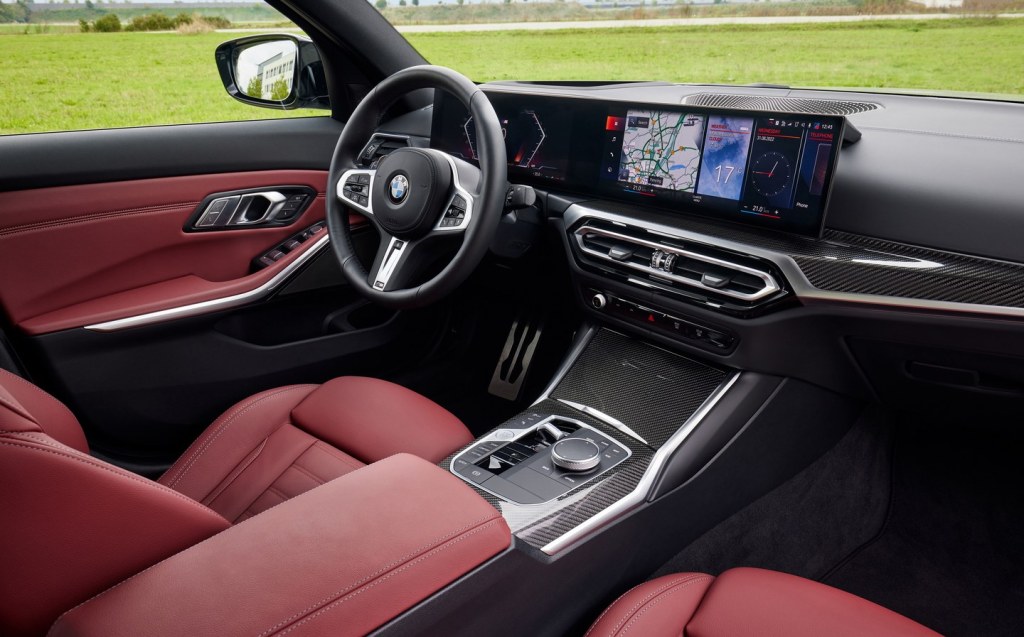
And, of course, the build quality is impeccable. The switchgear that has survived BMW’s cull feels well engineered, as do items such as the door pulls and the new toggle-style gear selector. The Audi A4 may be the gold standard when it comes to quality and materials but the 3 Series runs it close indeed.
Technology and safety
The new system is sharp — both in terms of resolution and response times — but it has been given an awful lot more to do. BMW has removed most of the switchgear from the dashboard, leaving the screen to take the slack. Ordinarily, we wouldn’t be great fans of such a move but the new touchscreen is slick enough to make it work.
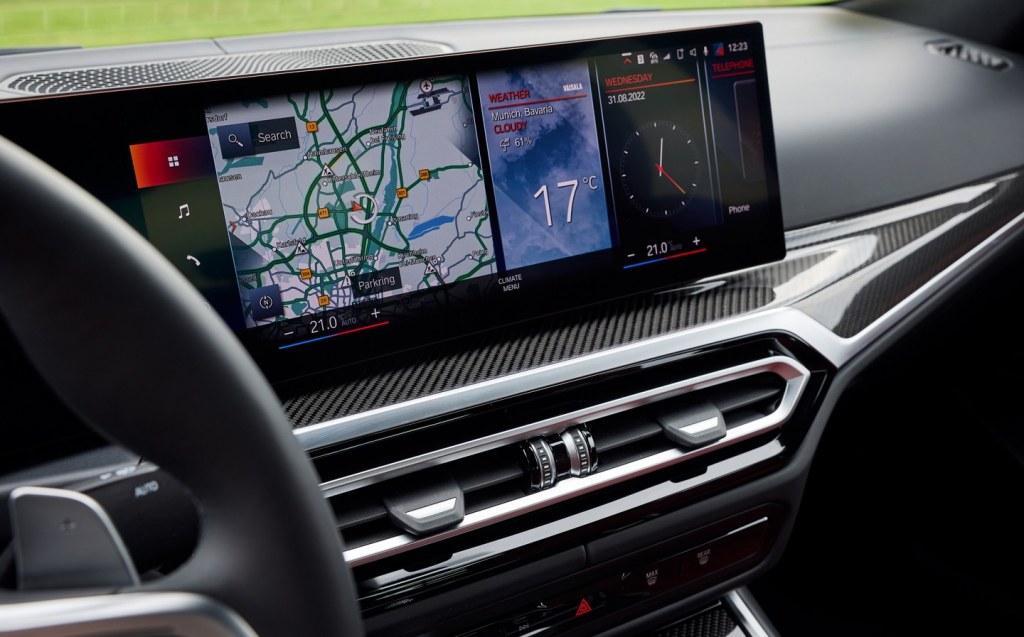
It helps that the heater controls are ever present at the base of the screen, so adjusting the temperature can be done with a single tap, while the retention of the iDrive rotary controller on the centre console is another positive step.
With that, drivers who have become accustomed to the system can access many of the screen’s functions almost by touch, significantly reducing the time they spend looking away from the road ahead.
That said, the migration of so many buttons to the touchscreen is still a retrograde step in terms of practicality, with some previously accessible functions hidden away.
Meanwhile the new digital instrument cluster is a vast improvement over the old unit, which was cluttered and less easy to read.
Overall, the new system is better, and it’s easier to adapt to your wants and needs.
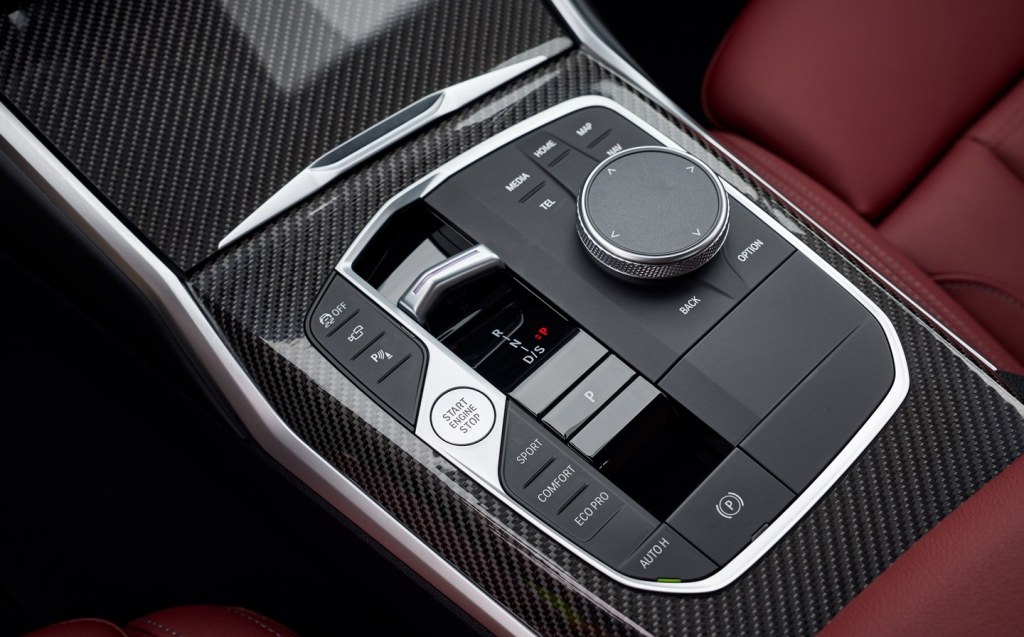
Customers can also pair that instrument display with a handy head-up display, which is even more useful in keeping drivers’ eyes on the road. Projecting key information including speed and navigation directions straight onto the windscreen, it’s a really useful feature.
But the technology isn’t just there to make the designers’ lives easier or to draw customers in. It’s also there to keep you safe, and the 3 Series still comes with heaps of safety equipment as standard. Alongside the usual array of airbags and emergency braking systems, the 3 Series also comes with front and rear parking sensors as standard, as well as cruise control and lane departure warning.
Performance, power output and acceleration
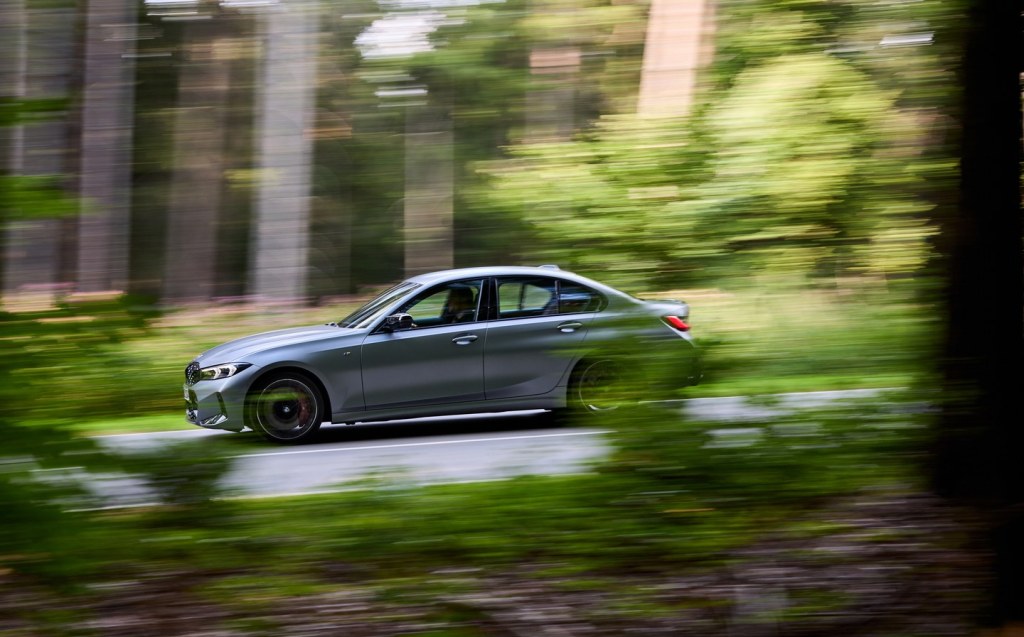
As before, the 3 Series is available with a selection of 2-litre and 3-litre petrol and diesel engines, as well as a plug-in hybrid option. All come with an eight-speed automatic gearbox and most drive the rear wheels as standard, although some come with BMW’s xDrive all-wheel drive either as standard or as an optional extra.
We tested the popular 320d model with a 2-litre diesel engine driving the rear wheels, though buyers can opt for a 4×4 version.
In rear-wheel-drive form, the 320d is a compelling option, achieving the best part of 60mpg on a long run and producing 188bhp, which permits ample performance. It’s surprisingly refined, too, managing to avoid the rattle you get from diesels of old, although it does growl a bit when you put your foot down.
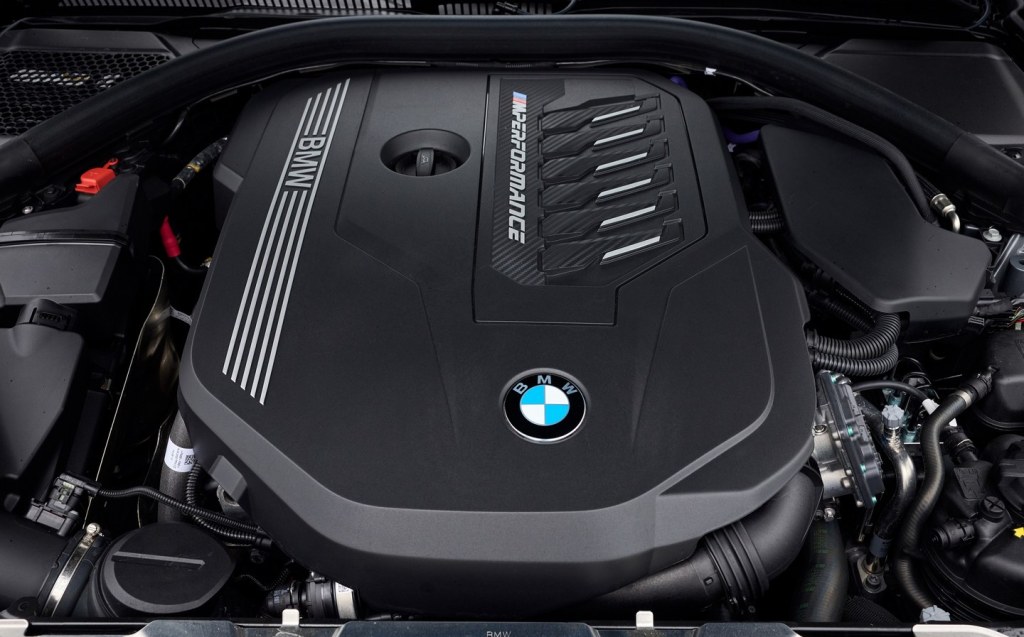
However, diesel has become a dirty word in recent years, and though the 320d will appeal to those doing long distances the petrol engines may be just as popular, if not more so.
The petrol range kicks off with the 2-litre 320i that churns out 181bhp, before rising to the more powerful 330i that gets 241bhp from what is effectively the same 2-litre engine.
Both are fairly economical, managing to top 40mpg on the official economy test, but the 330e plug-in hybrid is the real efficiency king.
That uses a 2-litre petrol engine and an electric motor, which is fed by a 12kWh battery. Although the system combines to produce 288bhp, it can cover around 35 miles on electric power alone, and the official figures suggest charging regularly and covering mostly short distances will allow three-figure fuel economy to be achieved. We suspect most 330e customers, however, will be more interested in the company car tax savings offered by that low-emission plug-in powertrain.
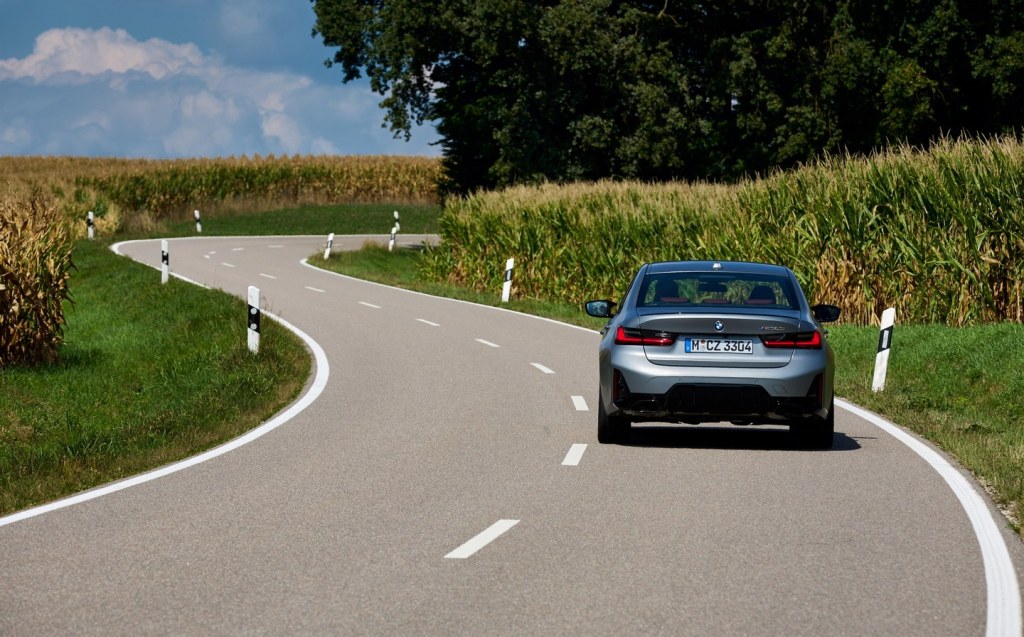
For those who care more about performance, there are two 3-litre versions of the 3 Series, both of which get the fabled BMW M treatment.
The petrol-powered M340i xDrive and diesel-engined M340d xDrive are essentially halfway houses between the standard 3 Series models and the high-performance M3, which is also due to get a similar makeover to its stablemates in the coming months.
With 369bhp and all-wheel drive, the M340i can get from 0-62mph in 4.4 seconds, while the M340d is only a few tenths behind despite managing well over 40mpg.
Ride and handling
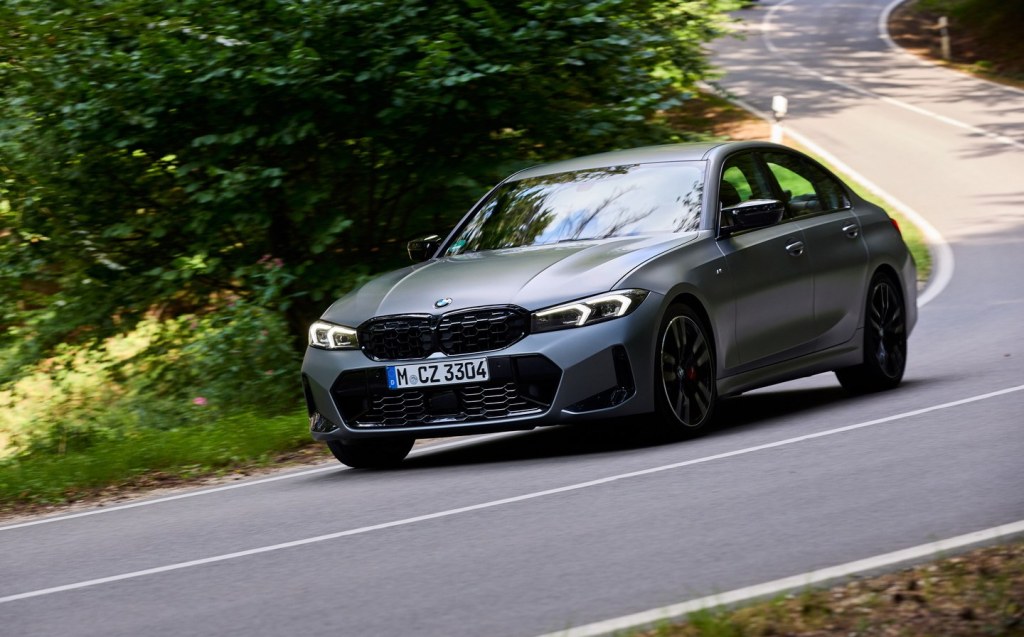
The 3 Series has long been the class leader when it comes to driving dynamics, and the new model is no different. BMW hasn’t made any notable changes to the suspension or the steering, so the updated car still handles every bit as brilliantly as its predecessor. The steering is precise, the body control excellent and the grip plentiful, which makes the 3 Series great fun to throw around.
Naturally, the M340i and M340d models have the most engaging characteristics, with some more track-orientated features under the skin, but every version feels poised and balanced.
Even the more mundane diesel models are better to drive than anything else in this sector of the market, including the new and improved Mercedes-Benz C-Class.
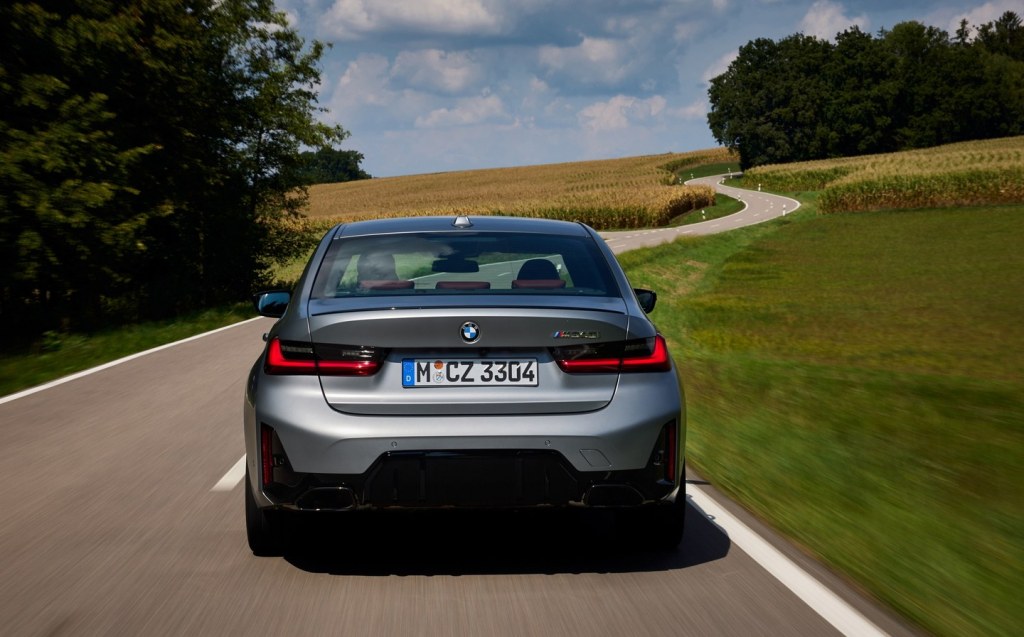
And while the ride is slightly firm in the M Sport trim levels, which come with stiffer springs, the 3 Series remains relatively comfortable on the road. The suspension treads a fine line between discomfort and feel, giving drivers enough information to tell them about the road surface under their tyres without allowing the potholes to jar too much.
It isn’t ideal on long trips, where a more comfortable setting might be useful, but it strikes a reasonable balance – particularly for those who enjoy driving.
That said, the 3 Series is quite refined, with the creamy 3.-litre engines creating barely a whisper of noise and limited sound from the wheels and wind. It’s no Rolls-Royce, but it’s up there with the class leaders, nevertheless.
Pricing and on-sale date
The new 3 Series saloon starts at £37,805, while the Touring comes in at £39,810. That makes the BMW noticeably cheaper than the equivalent Mercedes C-Class and roughly on a par with the Audi A4.
For that headline price, customers get the Sport trim, which still comes with alloy wheels, leatherette upholstery and the curved touchscreen, as well as three-zone climate control and front and rear parking sensors.
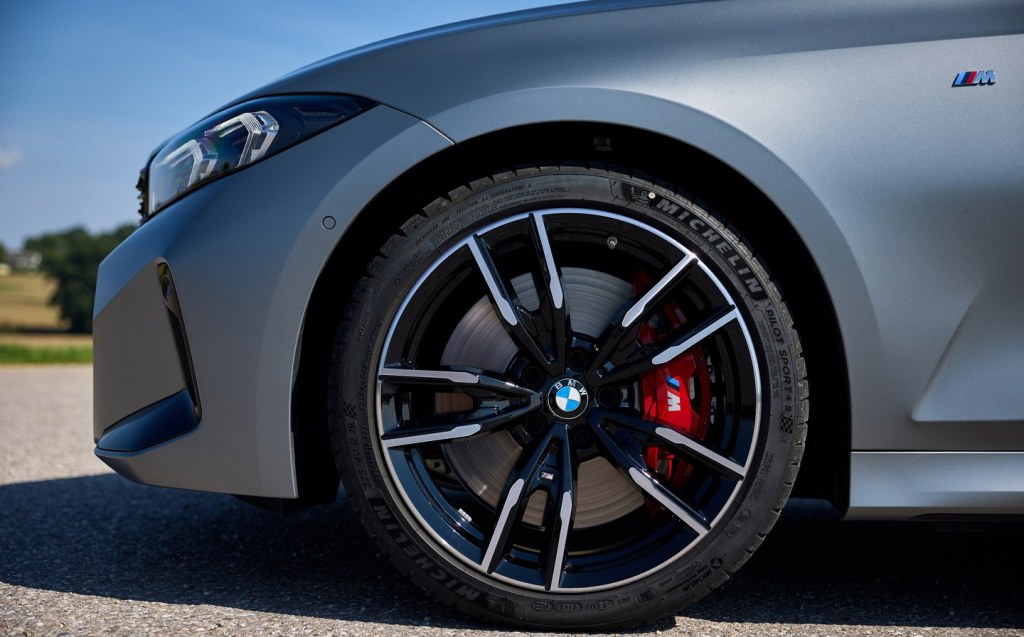
Moving up the range to the M Sport trim adds part-microsuede upholstery, sportier body styling and sports seats, as well as sportier suspension.
And the M models – the 3-litre M340i xDrive and M340d xDrive – also get their own trim level with extra equipment and performance-orientated features.
Verdict: BMW 3 Series review
The BMW 3 Series may not have changed that dramatically – the new touchscreen is the only real change of note – but it didn’t need to.
Customers are attracted to the German saloon for its combination of performance, economy and quality, as well as its awesome handling, but that has always been the case. Those who have just taken delivery of the outgoing model need not panic.
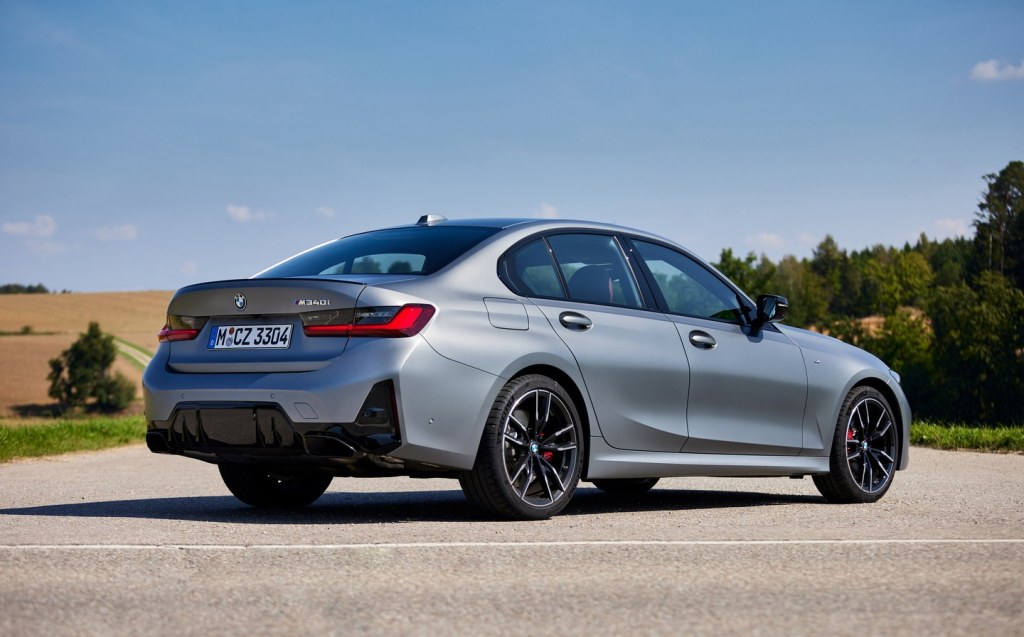
That said, the in-car technology is also a long-standing cornerstone of the BMW executive saloon offering, and the new 3 Series has just upped the ante a little on that front. Ergonomics have taken a small hit as a result, but tech fans will generally be delighted with the upgrade.
Related articles
- After reading our review of the updated BMW 3 Series, you might be interested to see our review of a prototype of the 2023 BMW XM
- Refreshed BMW X7 revealed with updated styling, revamped interior and mild-hybrid assistance
- Or, check out the best luxury cars to buy in 2022
Latest articles
- Watch new Porsche 911 GT3 smash Nürburgring record for manual cars
- Skoda Elroq 2025 review: Czech carmaker can’t seem to miss with its electric family cars
- Five best electric cars to buy in 2025
- Should I buy a diesel car in 2025?
- F1 2025 calendar and race reports: The new Formula One season as it happens
- Zeekr 7X AWD 2025 review: A fast, spacious and high tech premium SUV — but someone call the chassis chief
- Denza Z9GT 2025 review: Flawed but sleek 1,062bhp shooting brake from BYD’s luxury arm
- Extended test: 2024 Renault Scenic E-Tech review
- Best-selling cars 2025: The UK’s ten most popular models of the year so far


